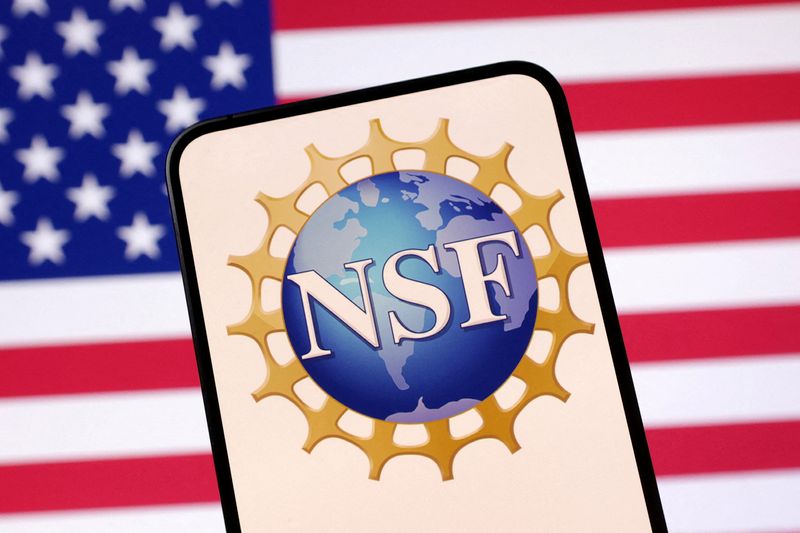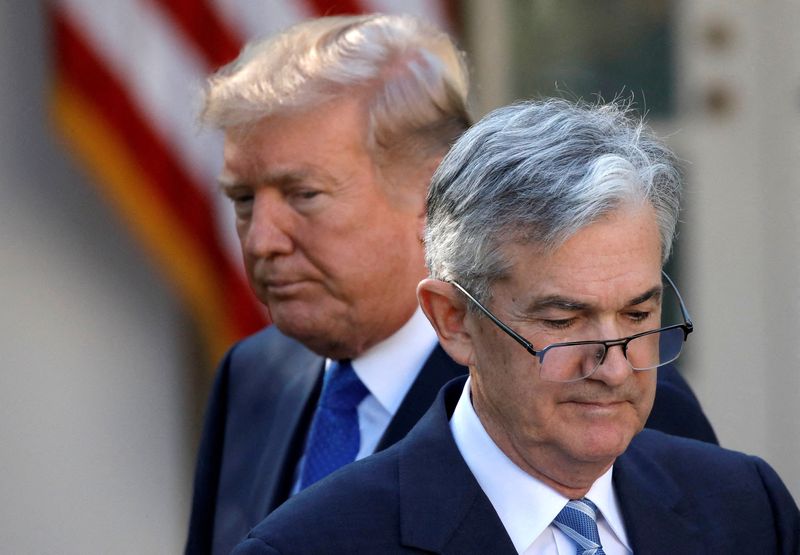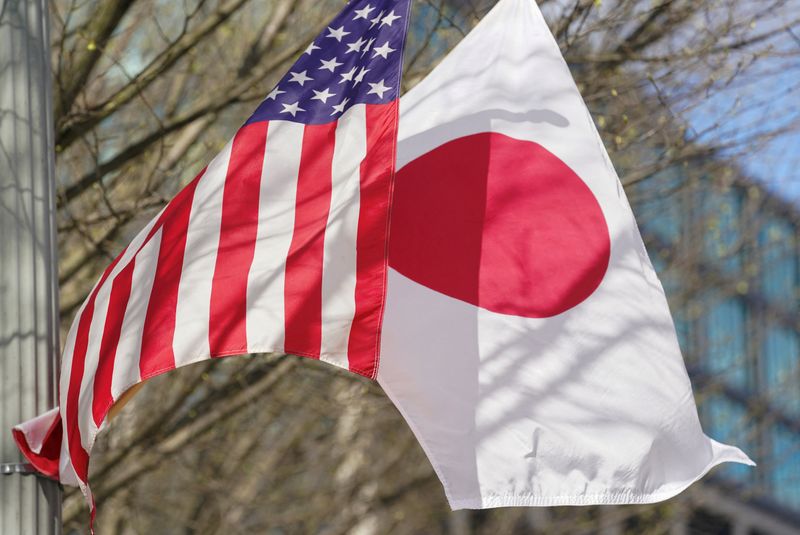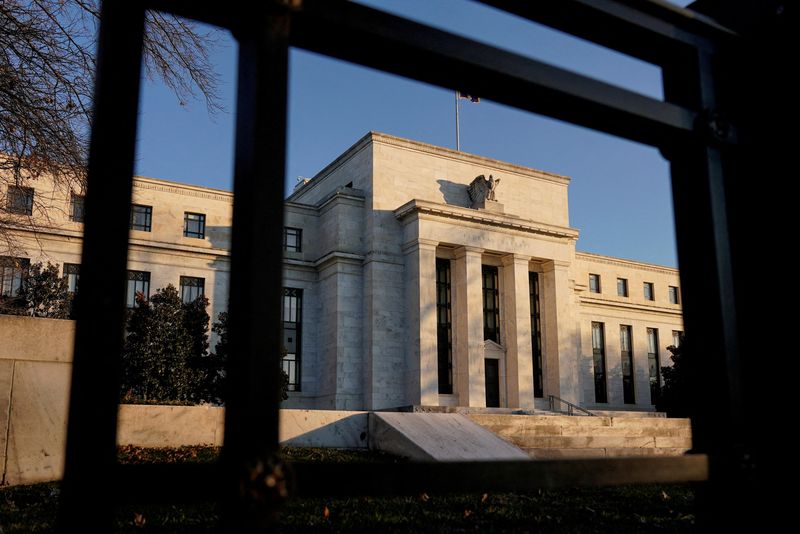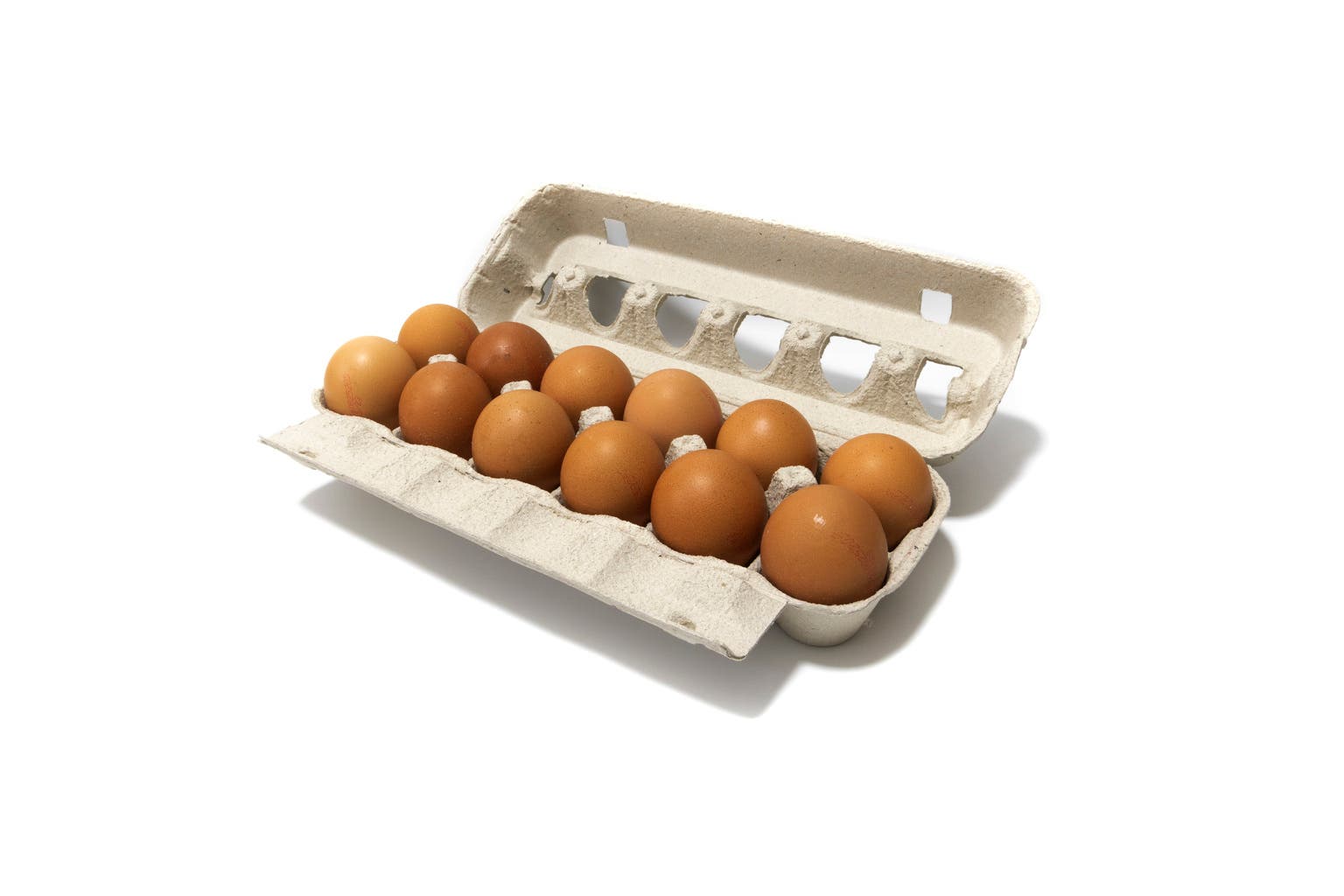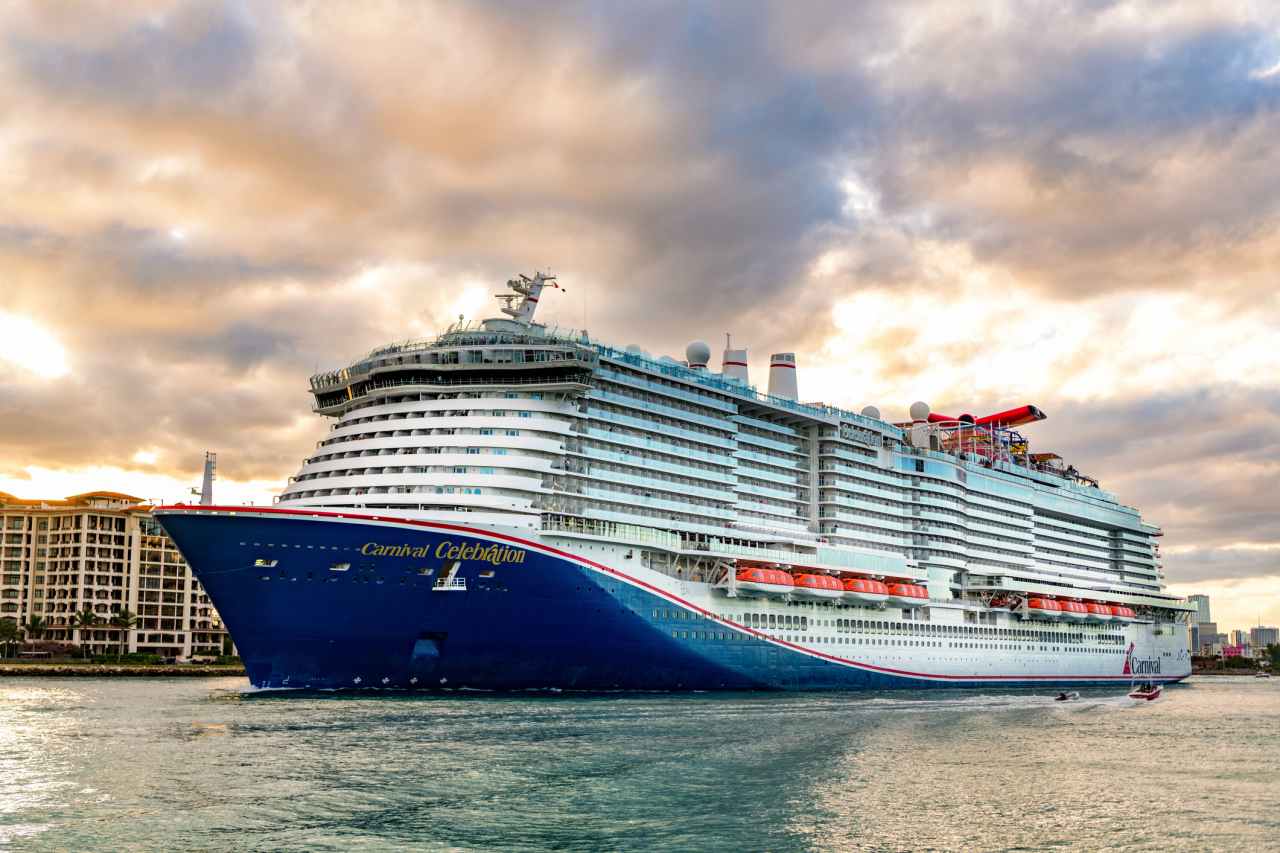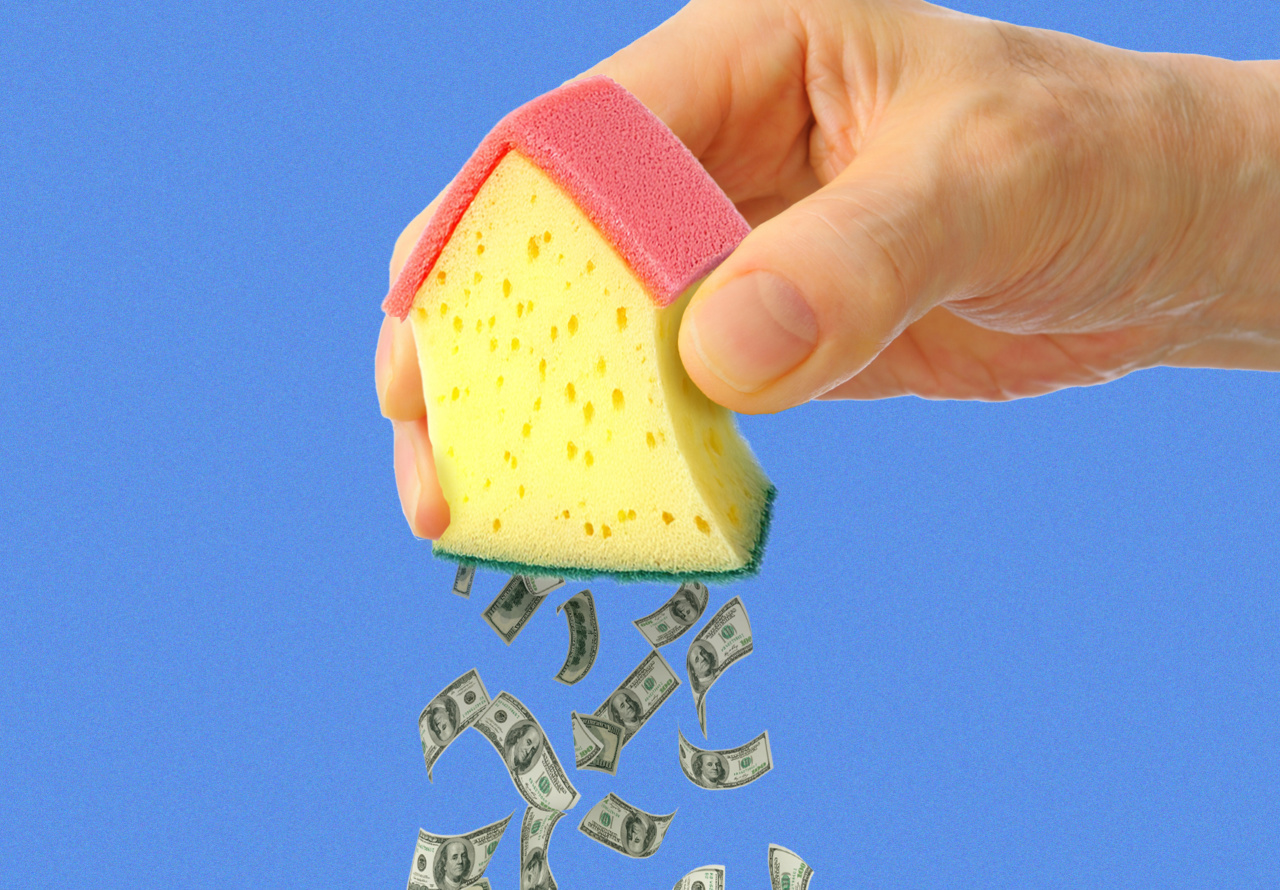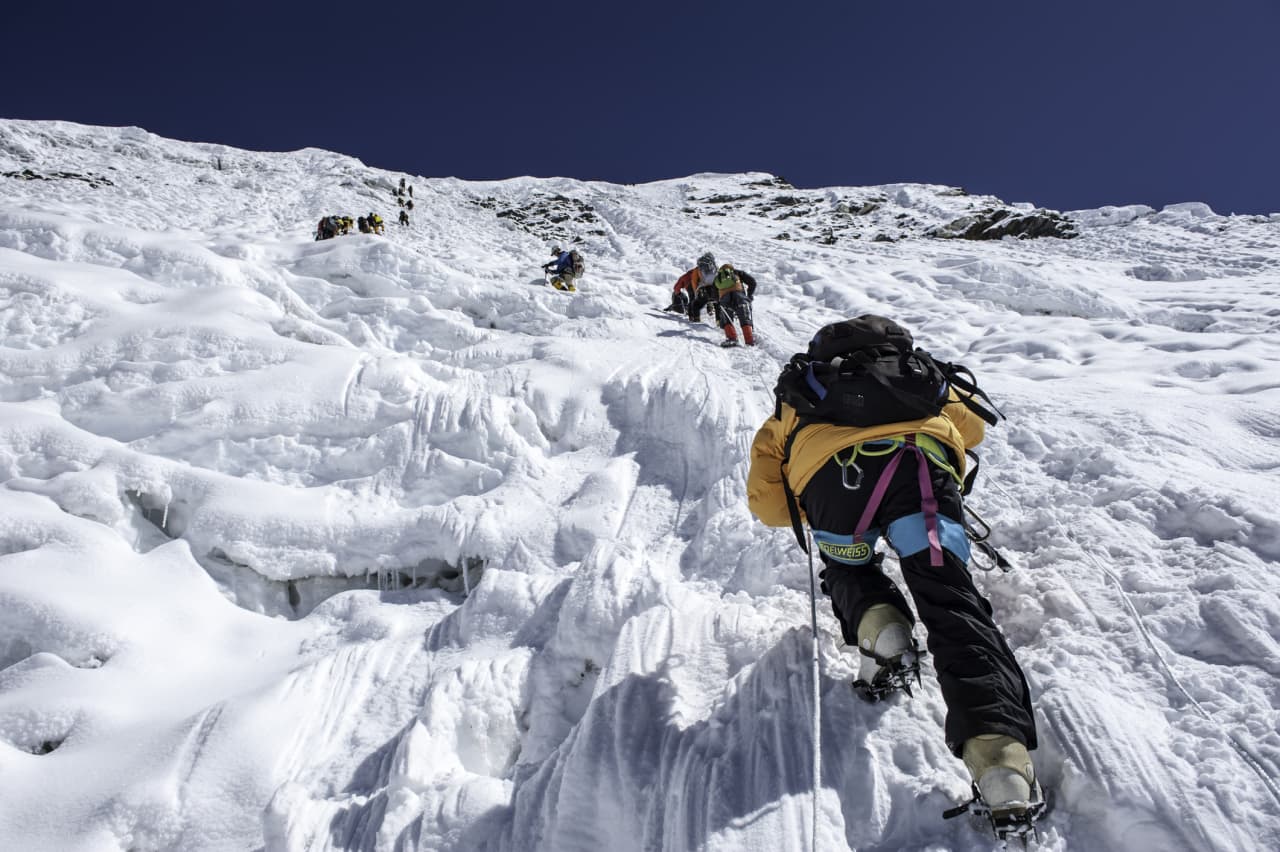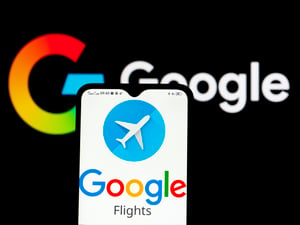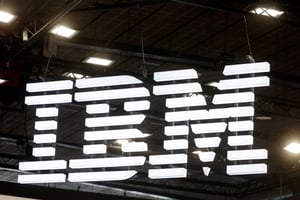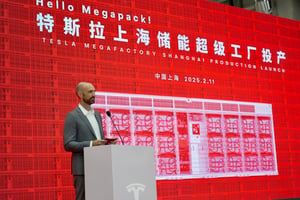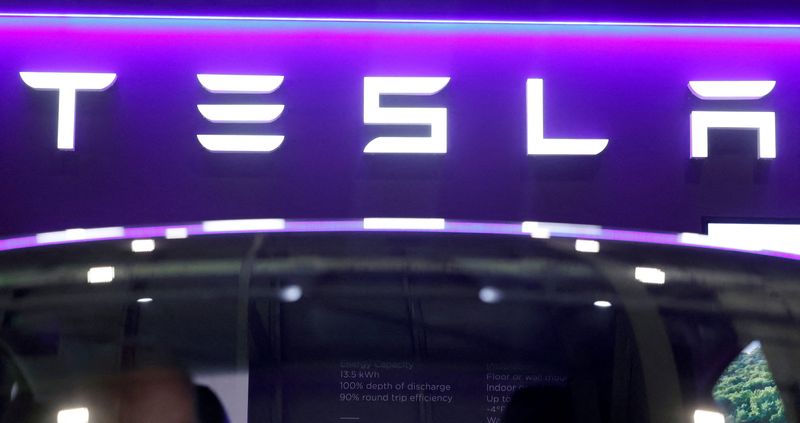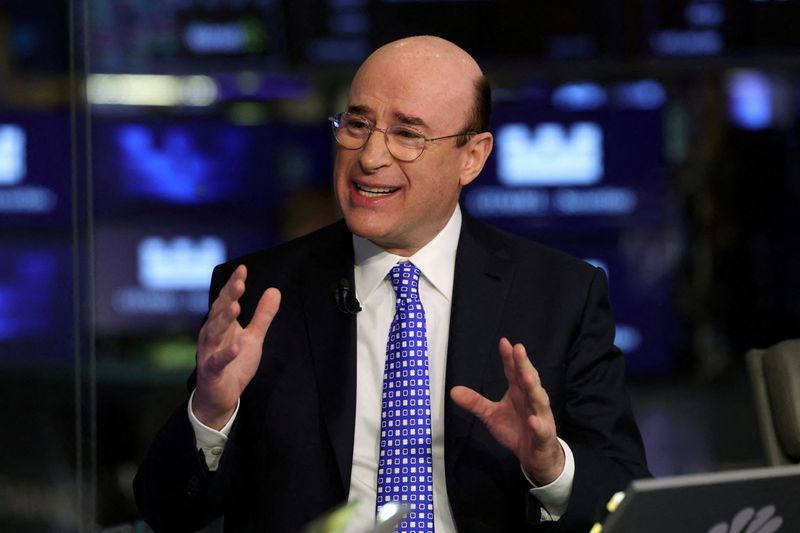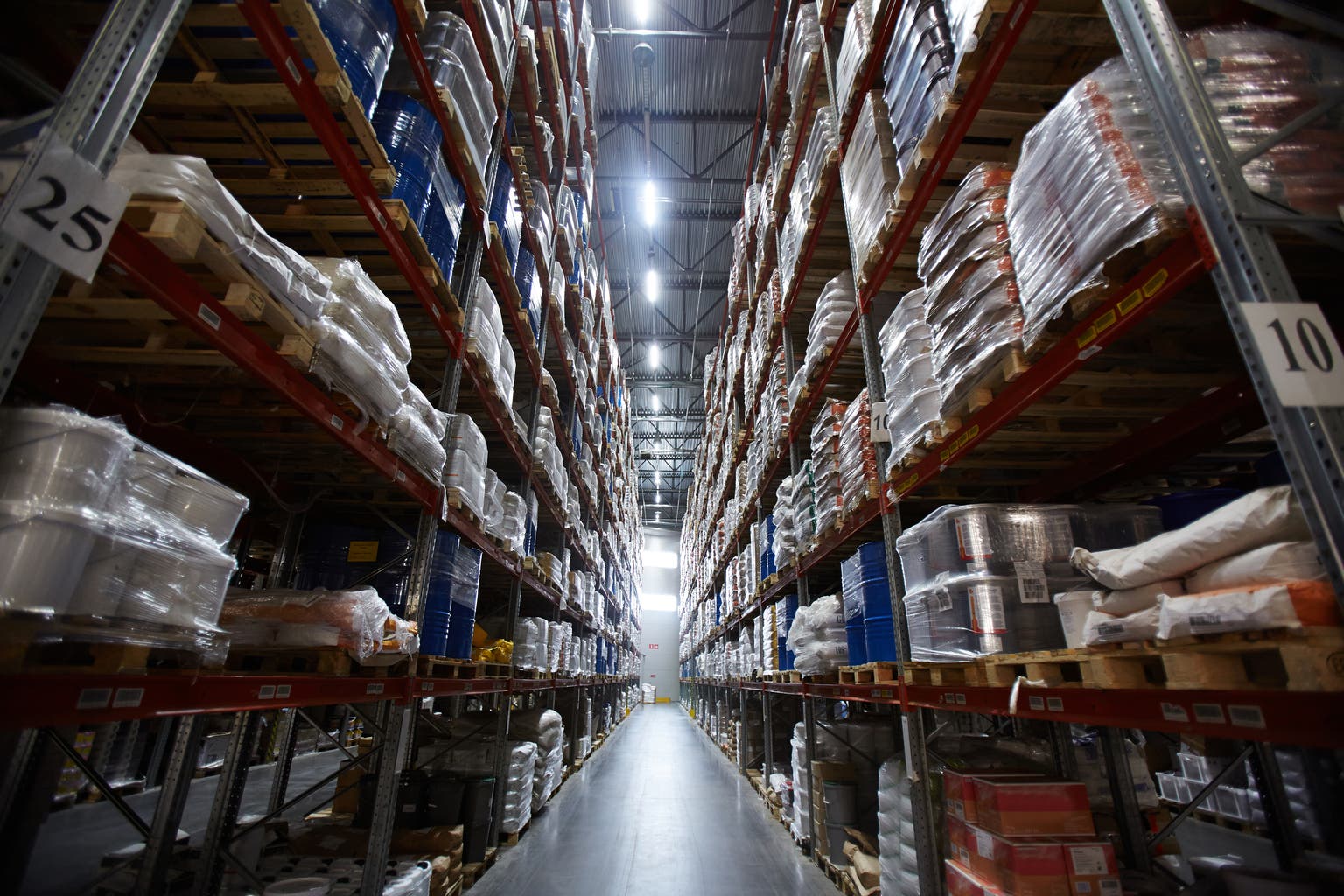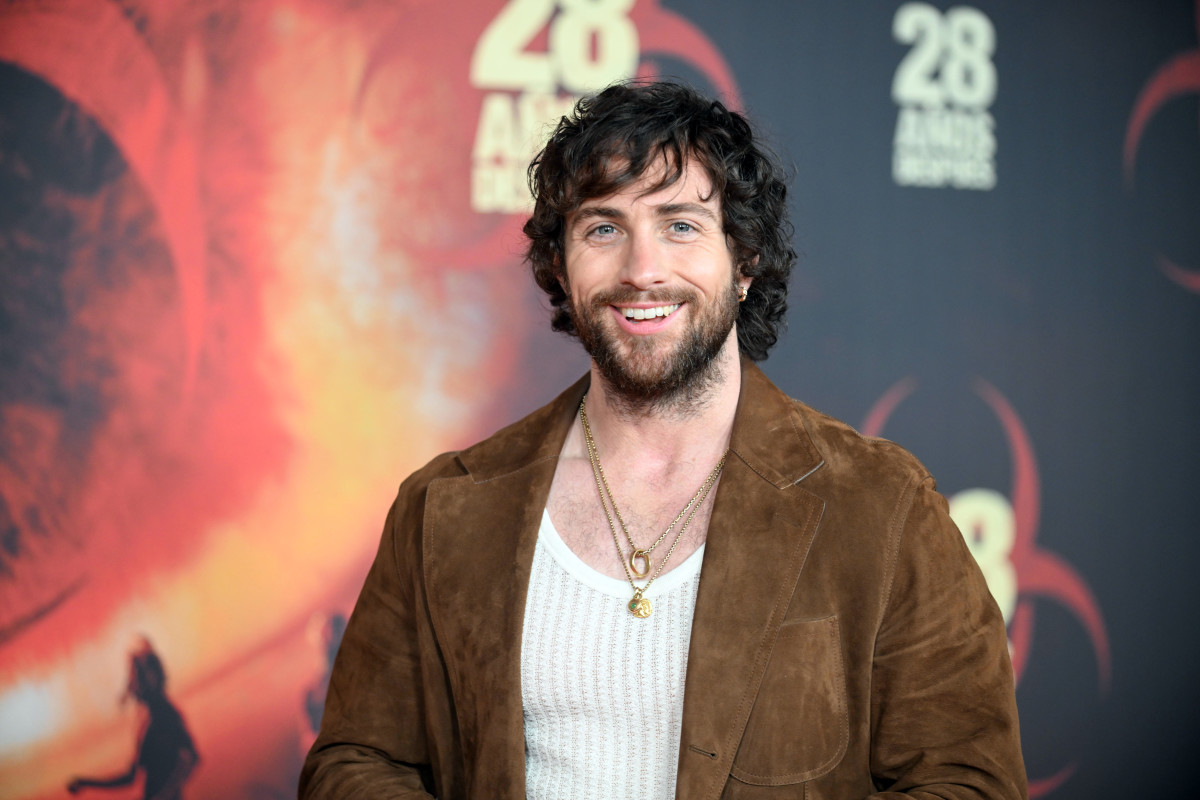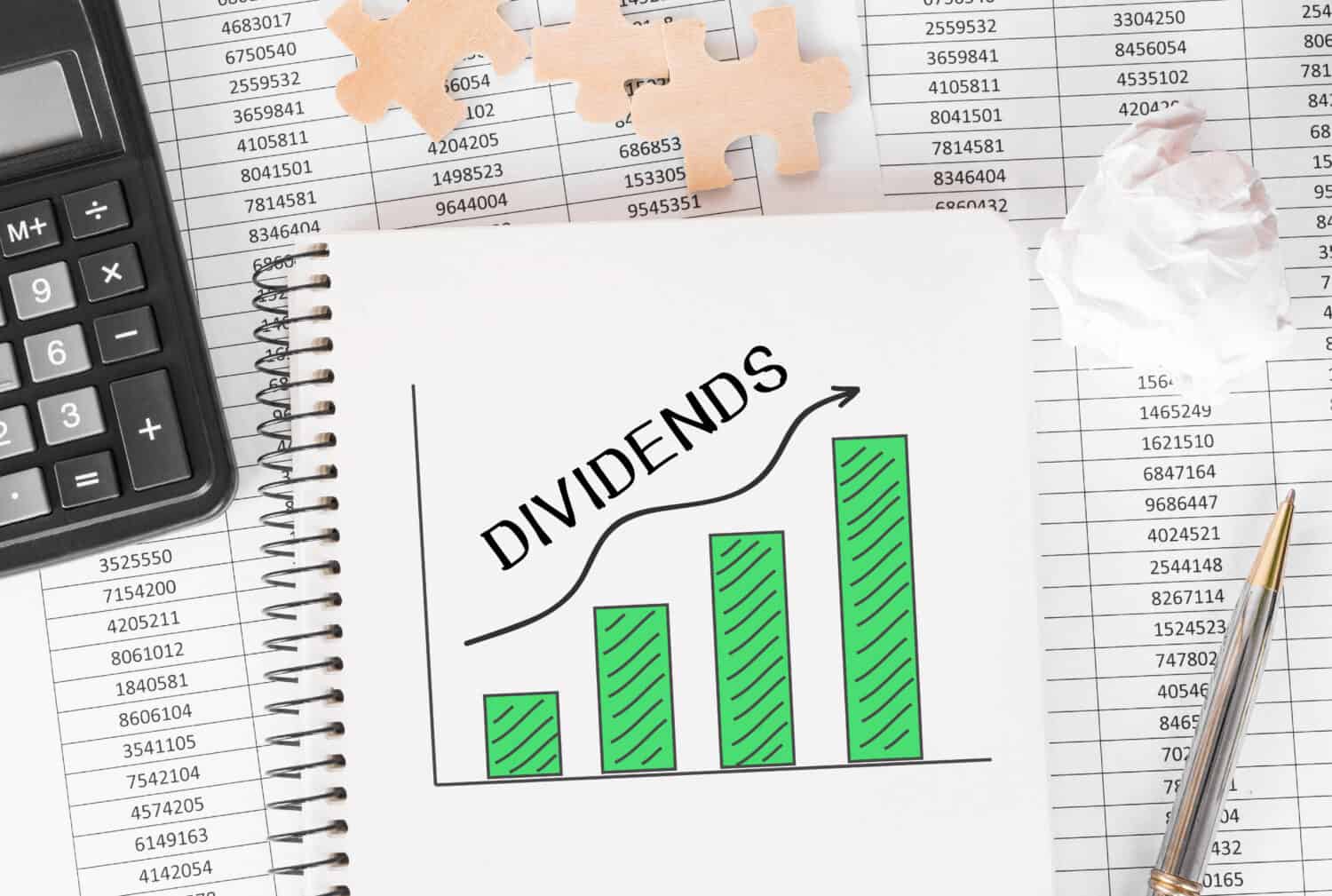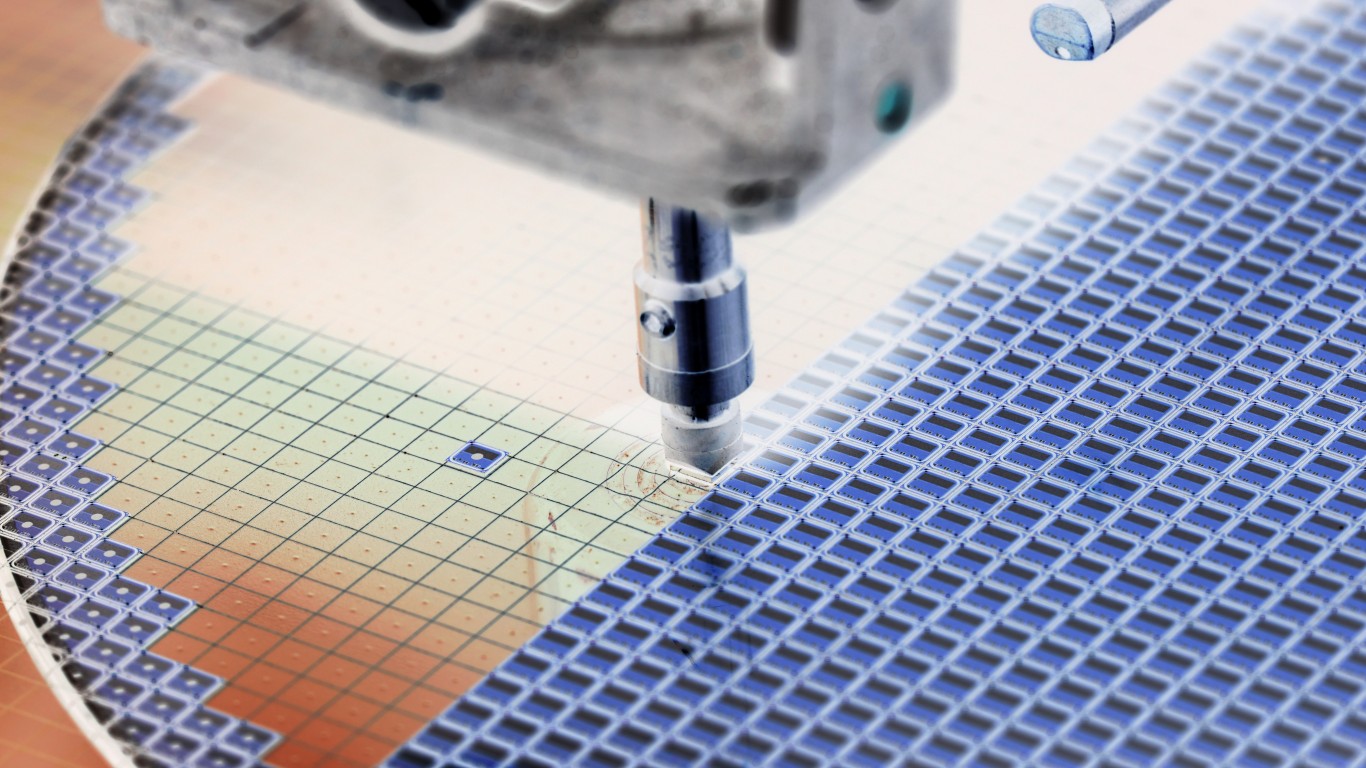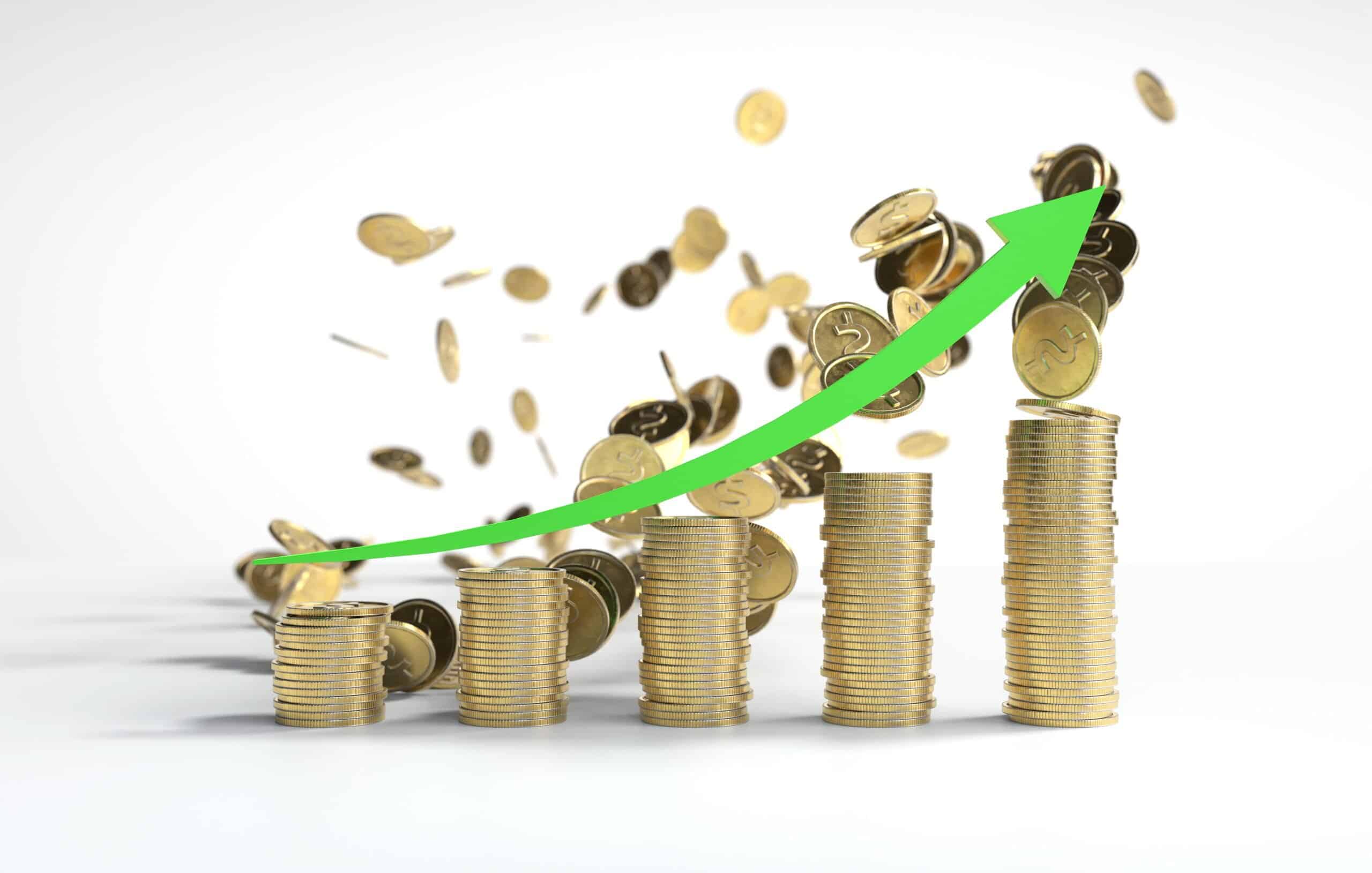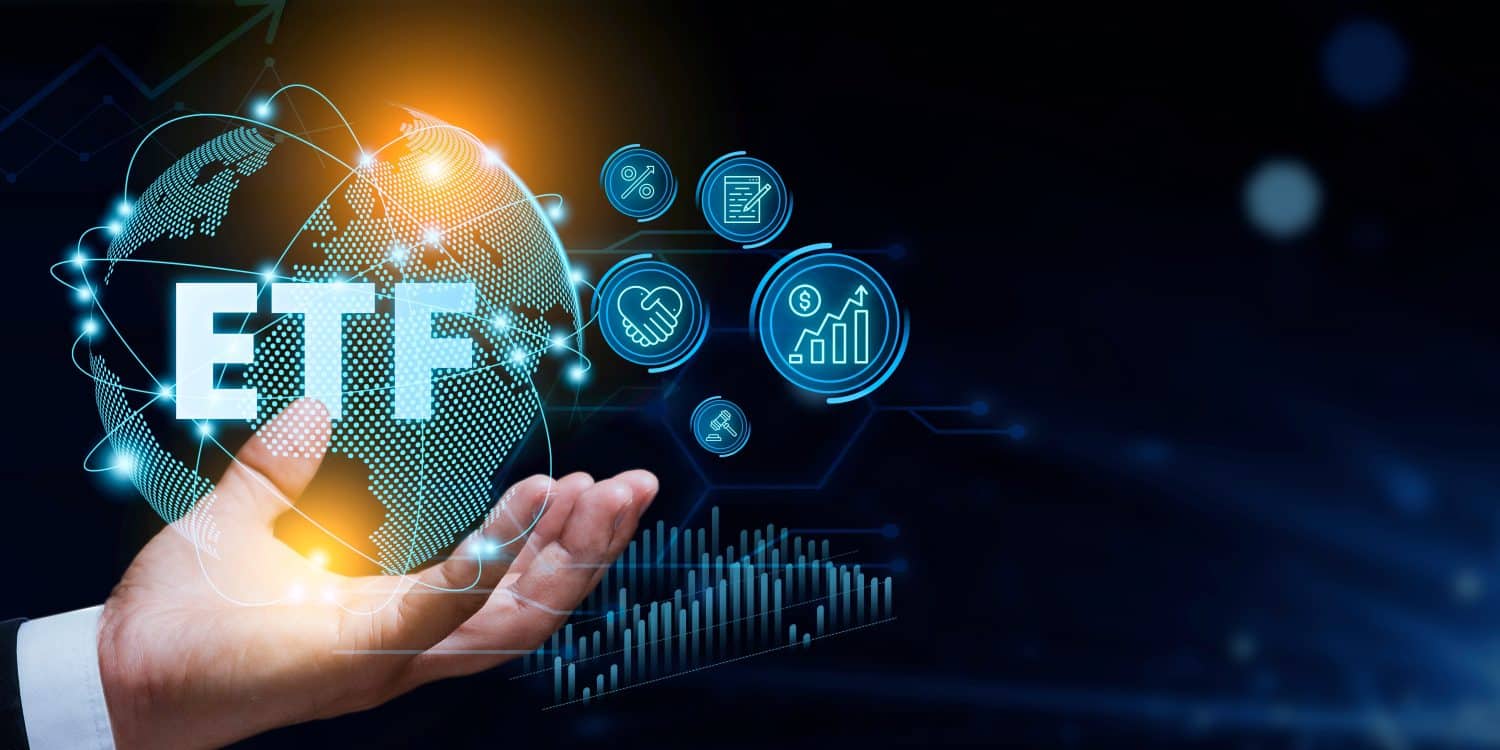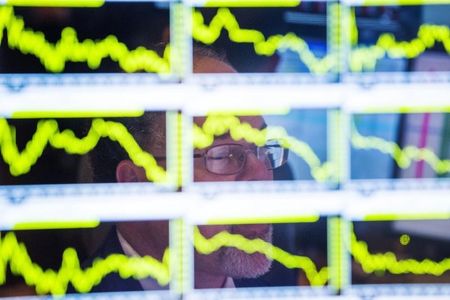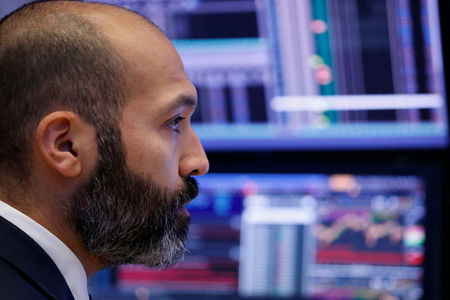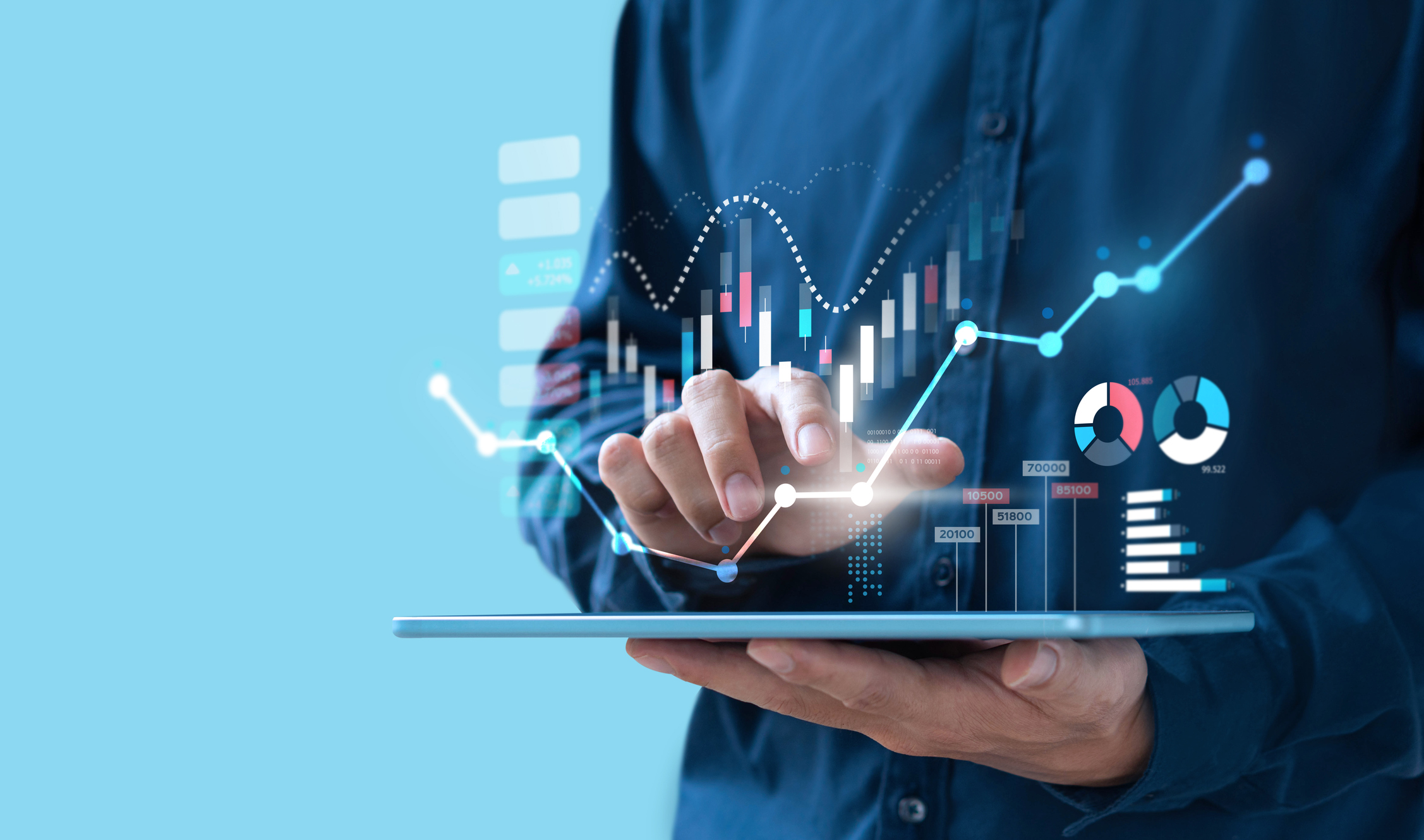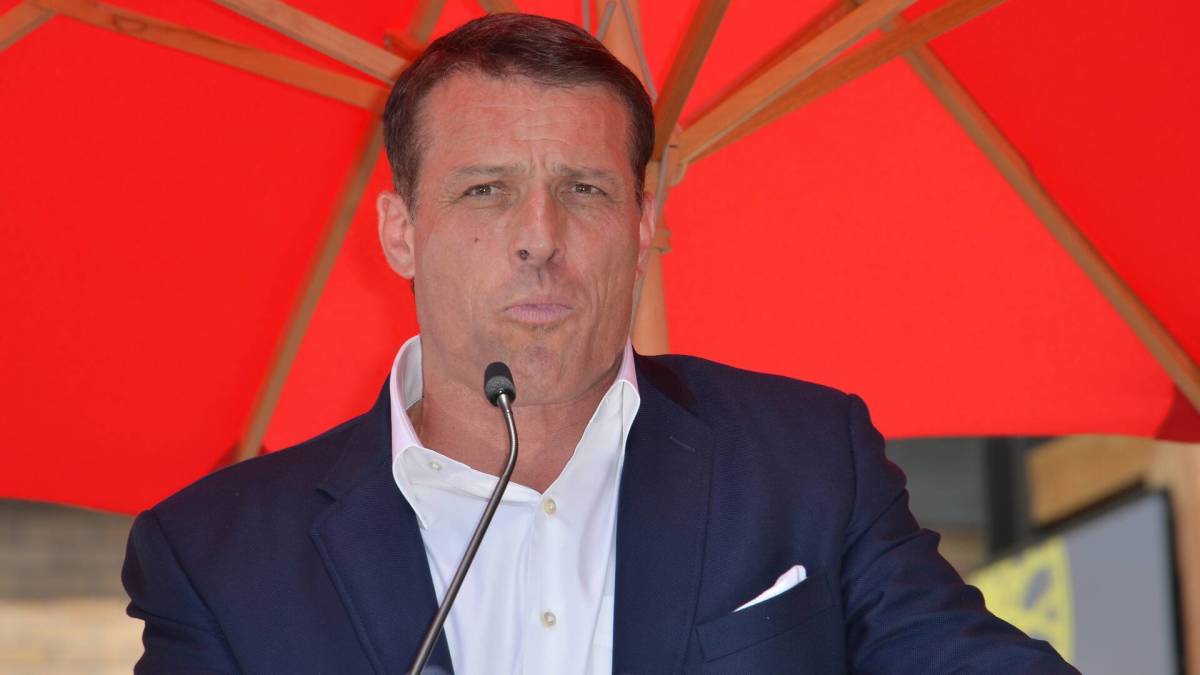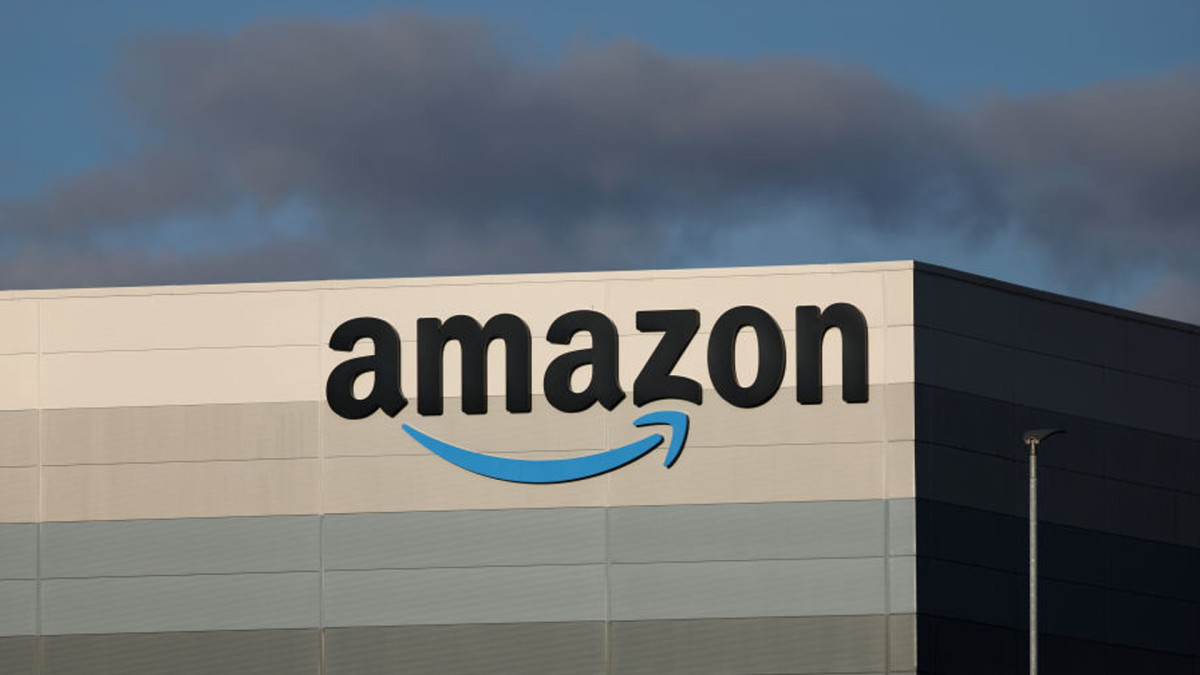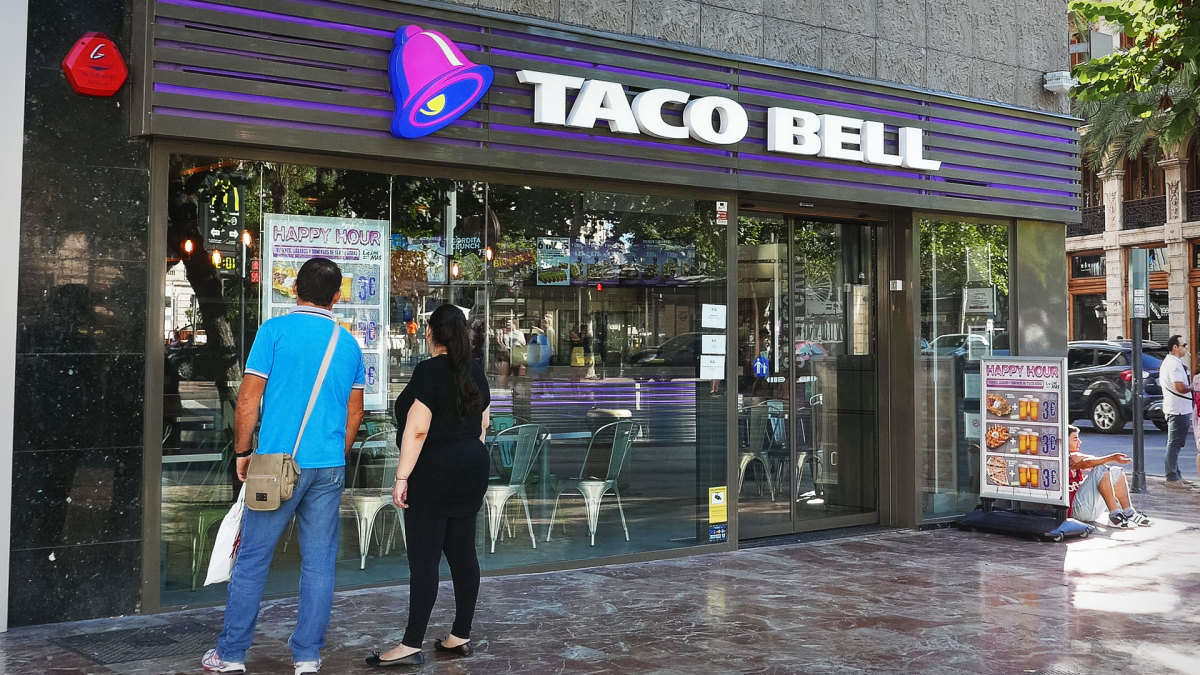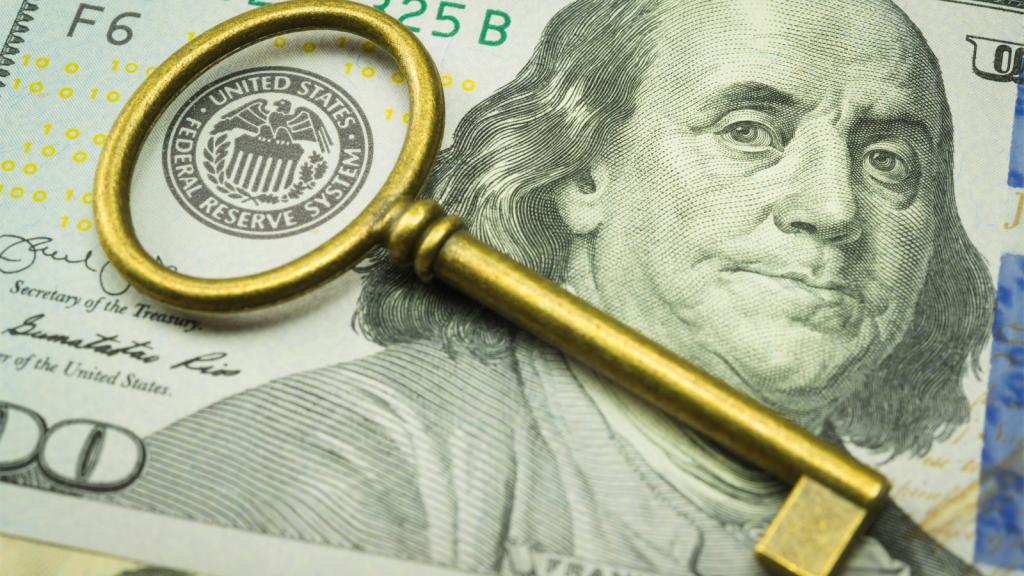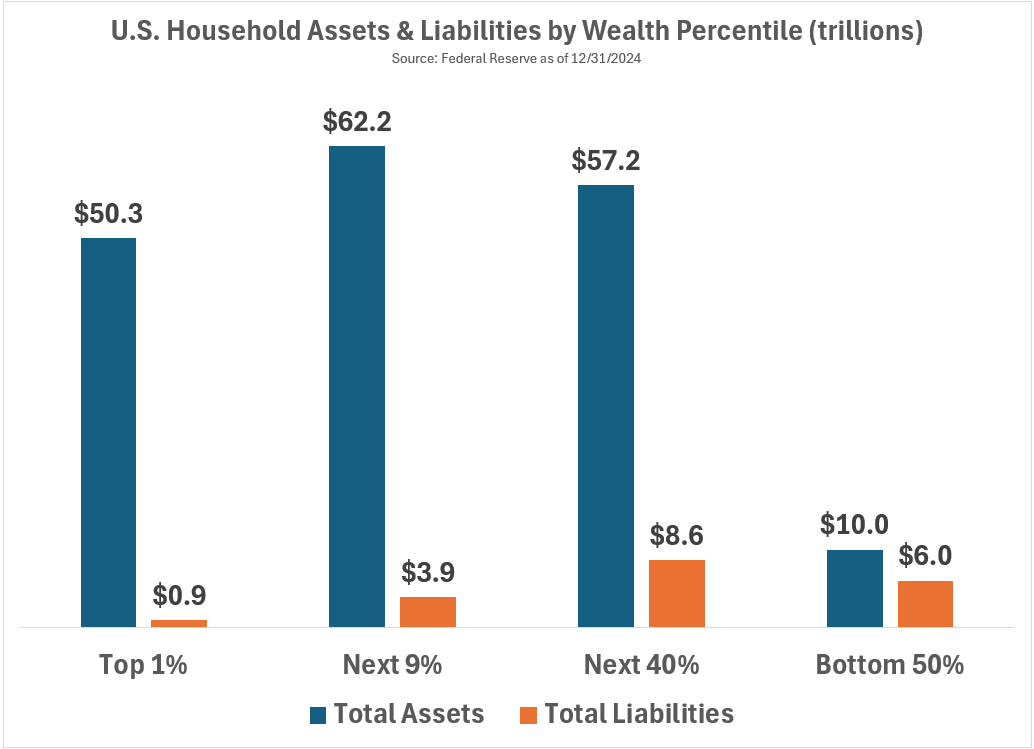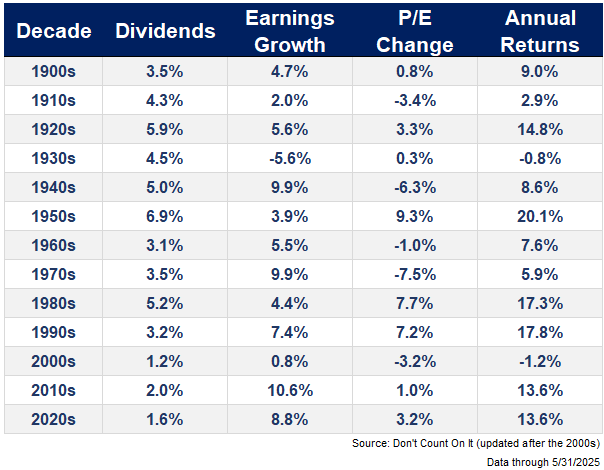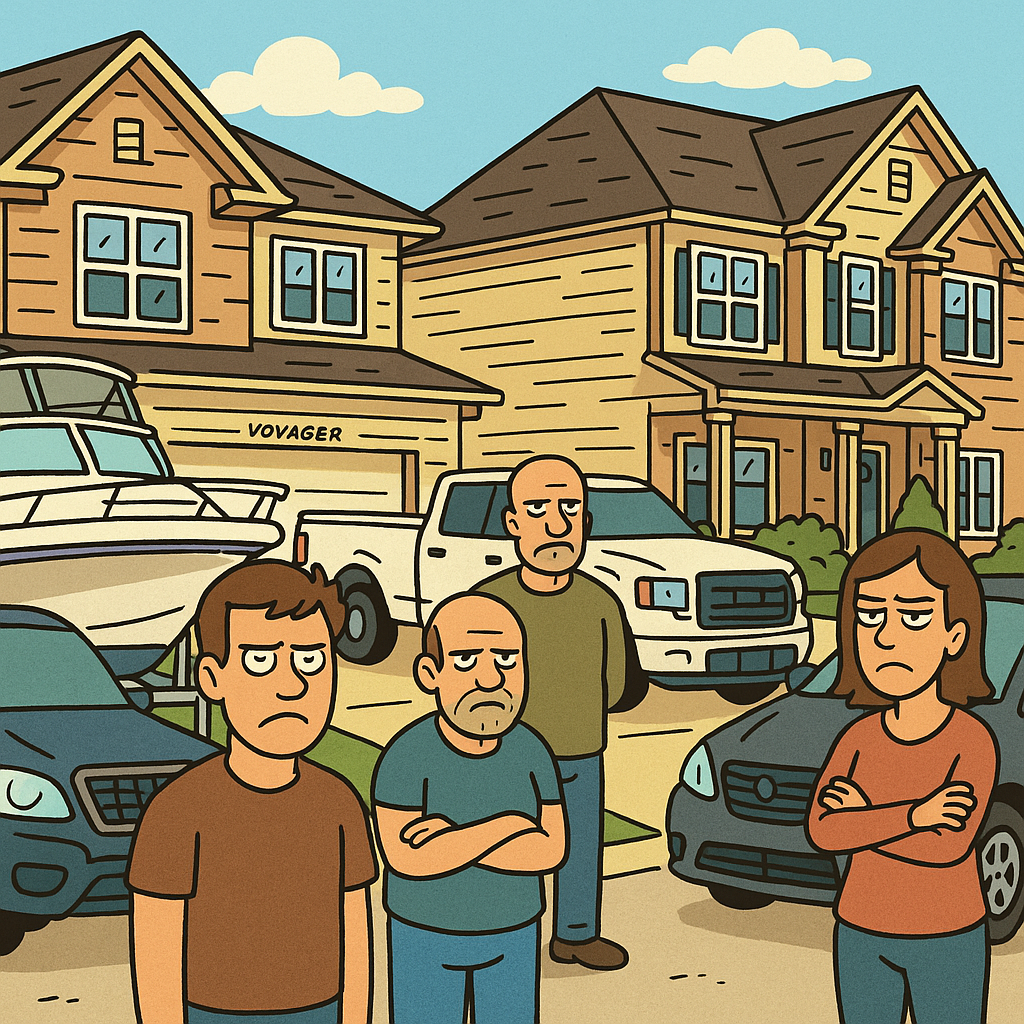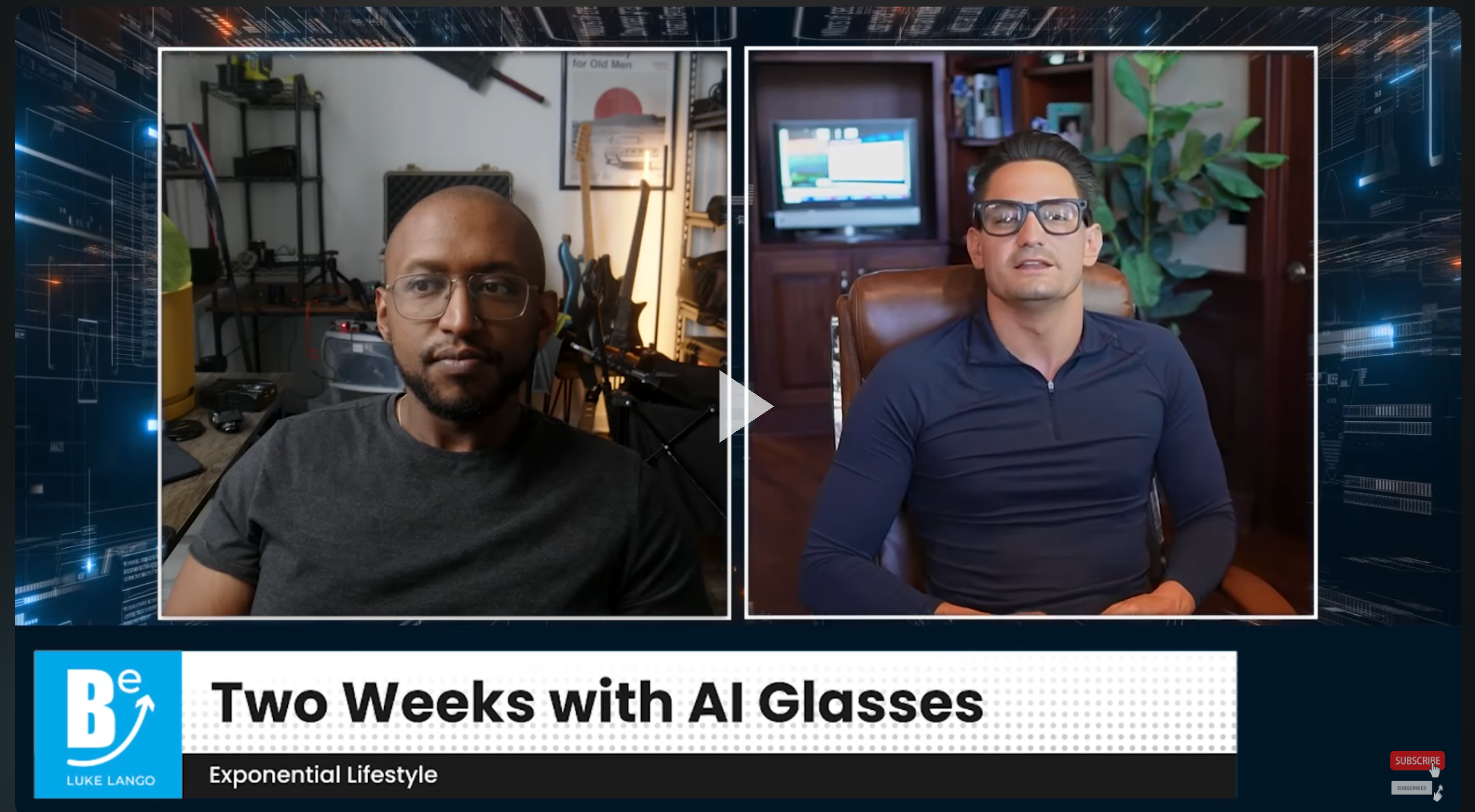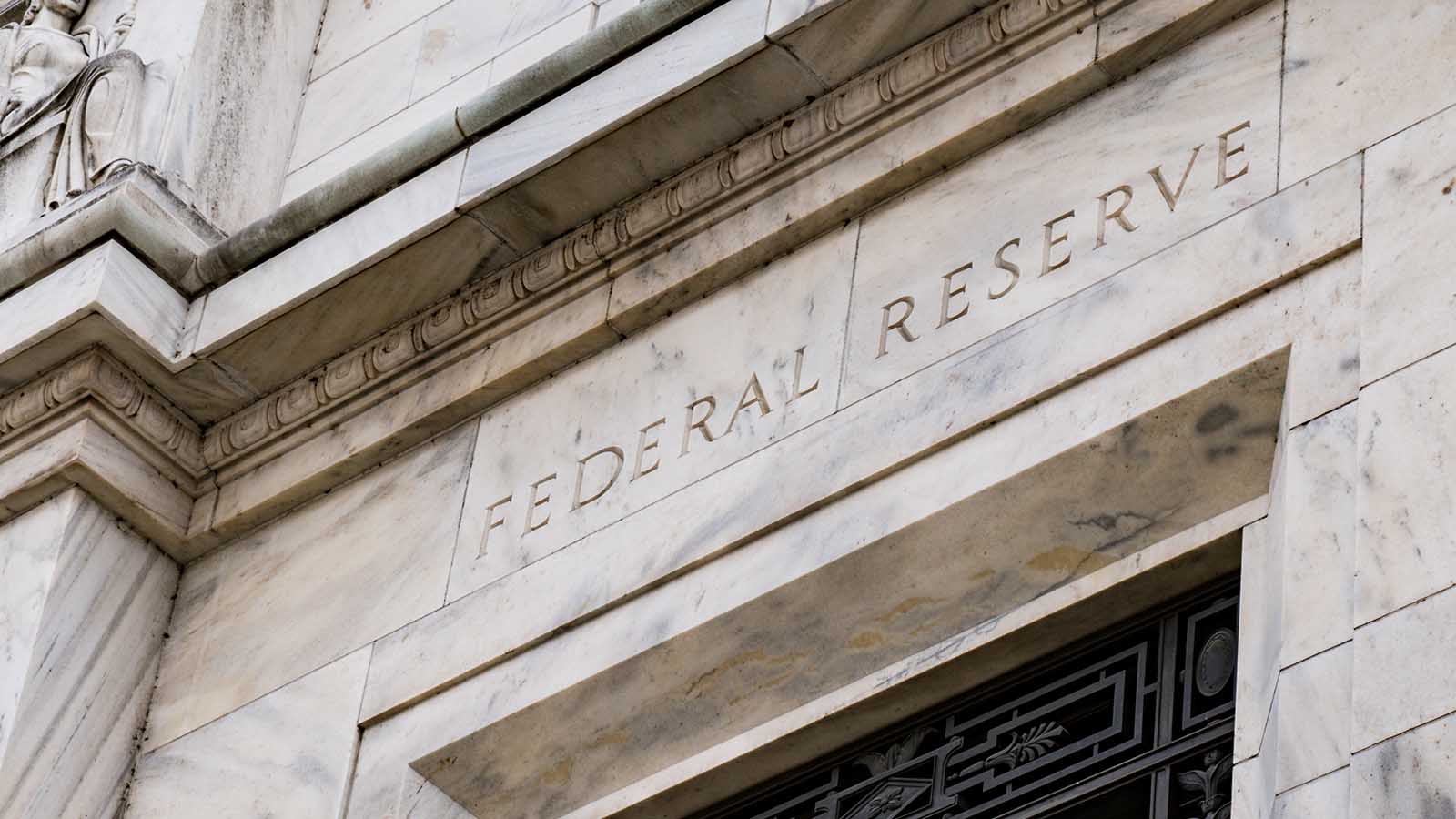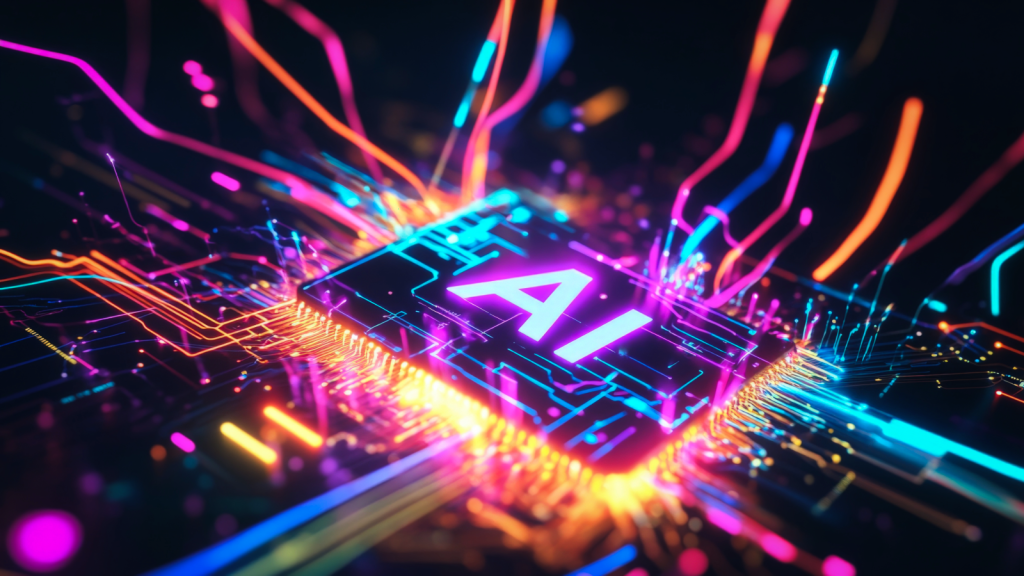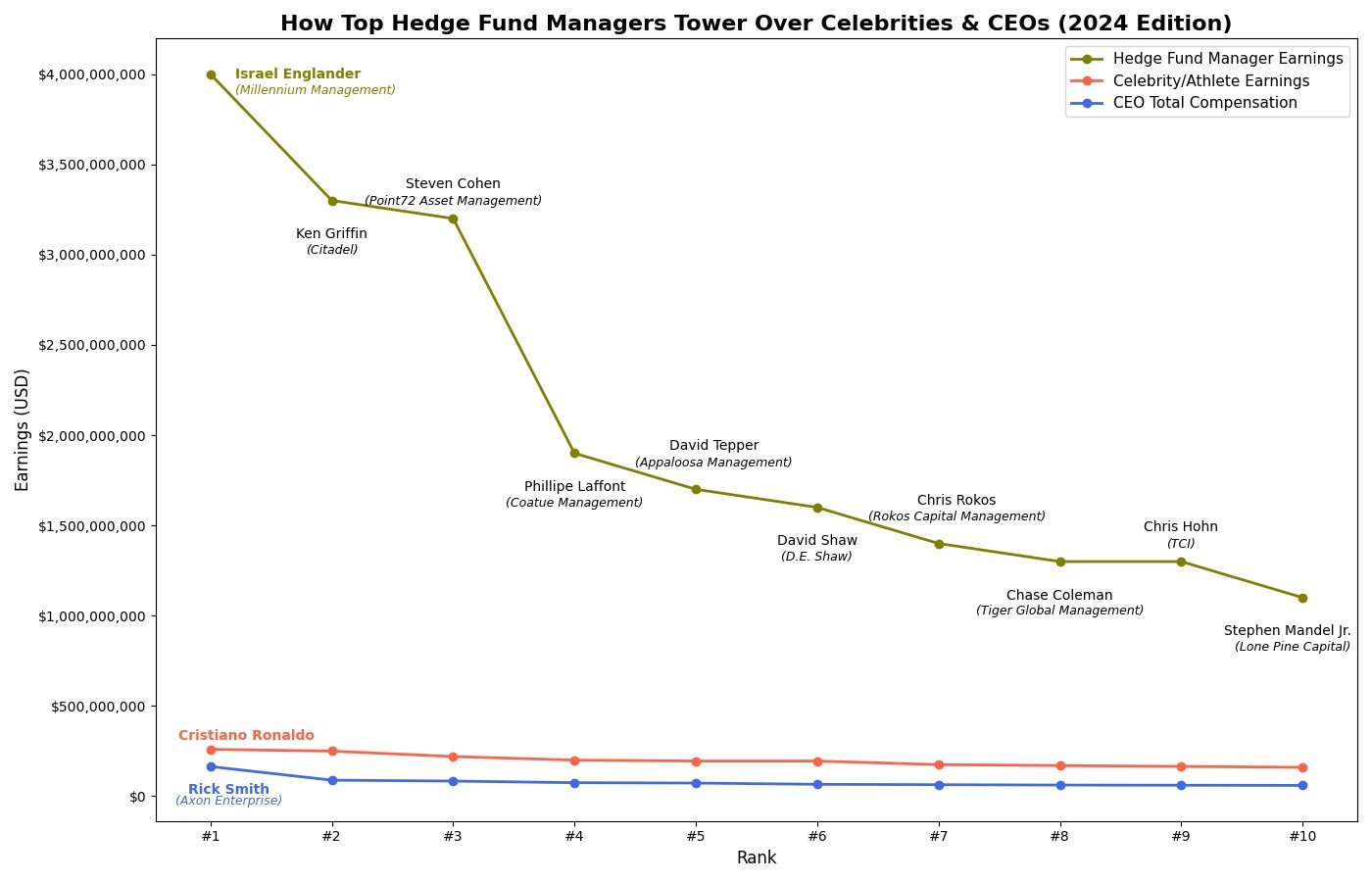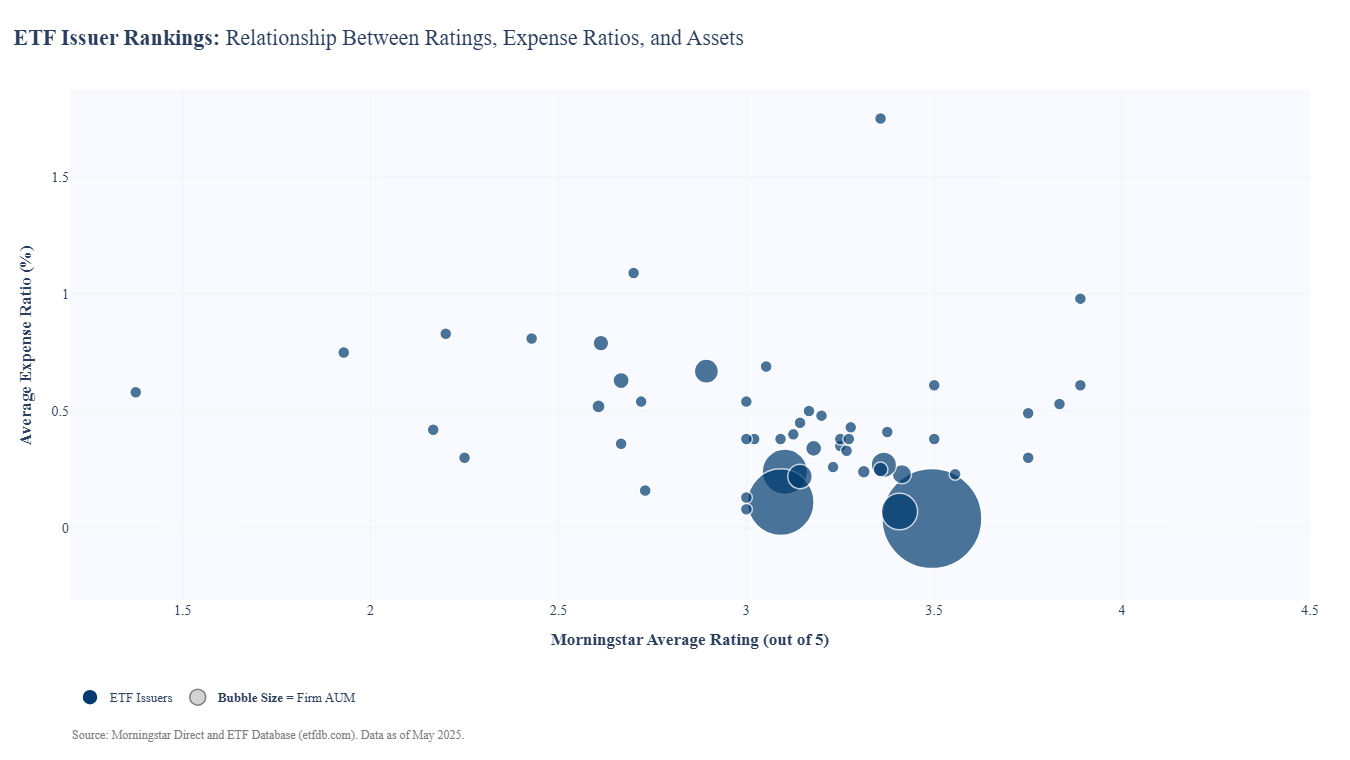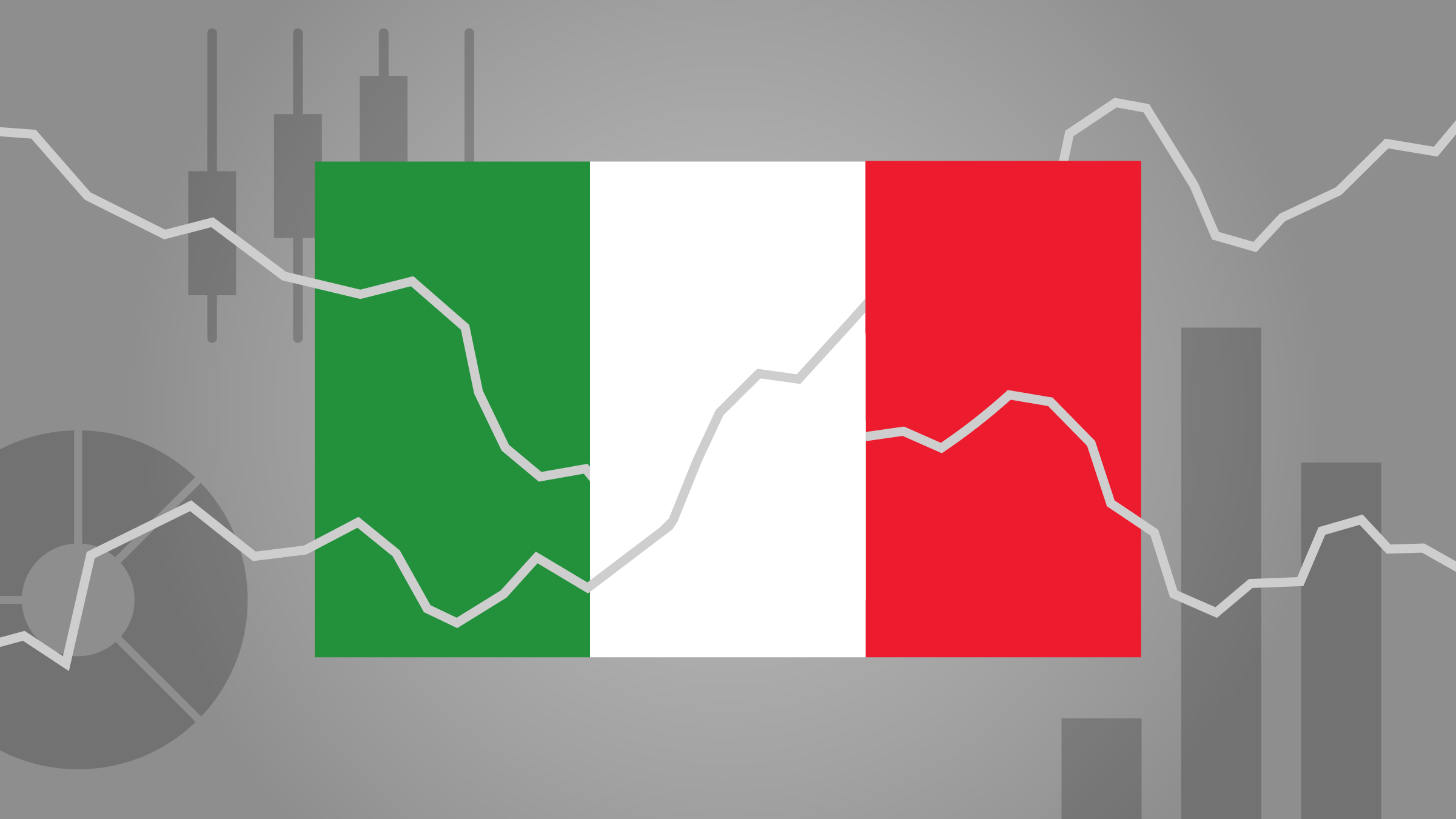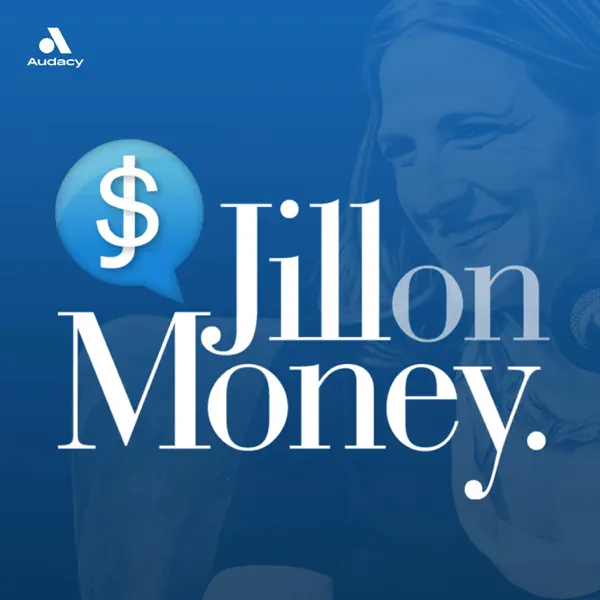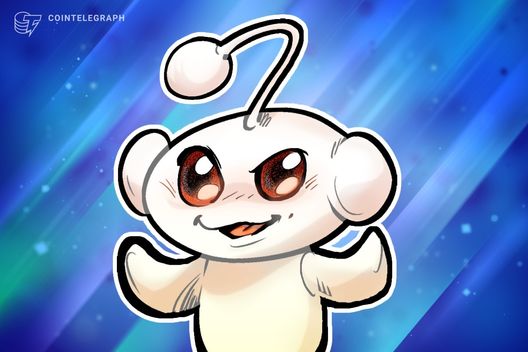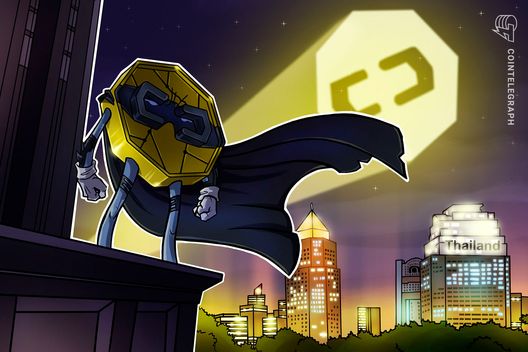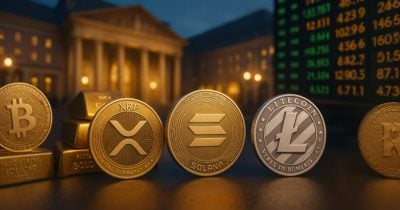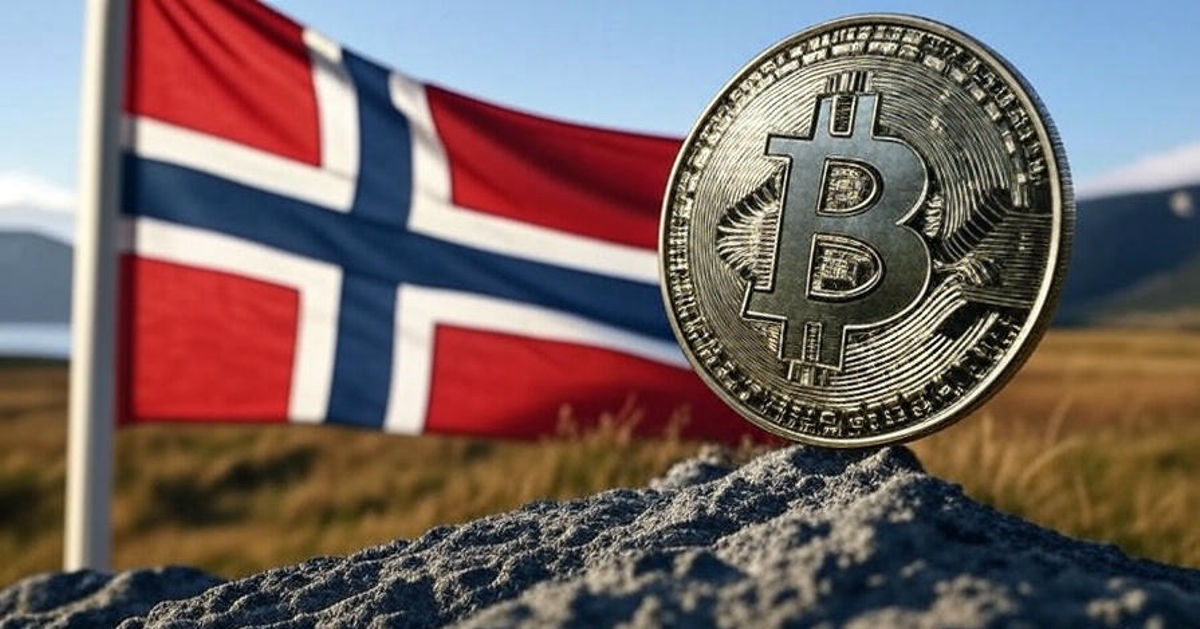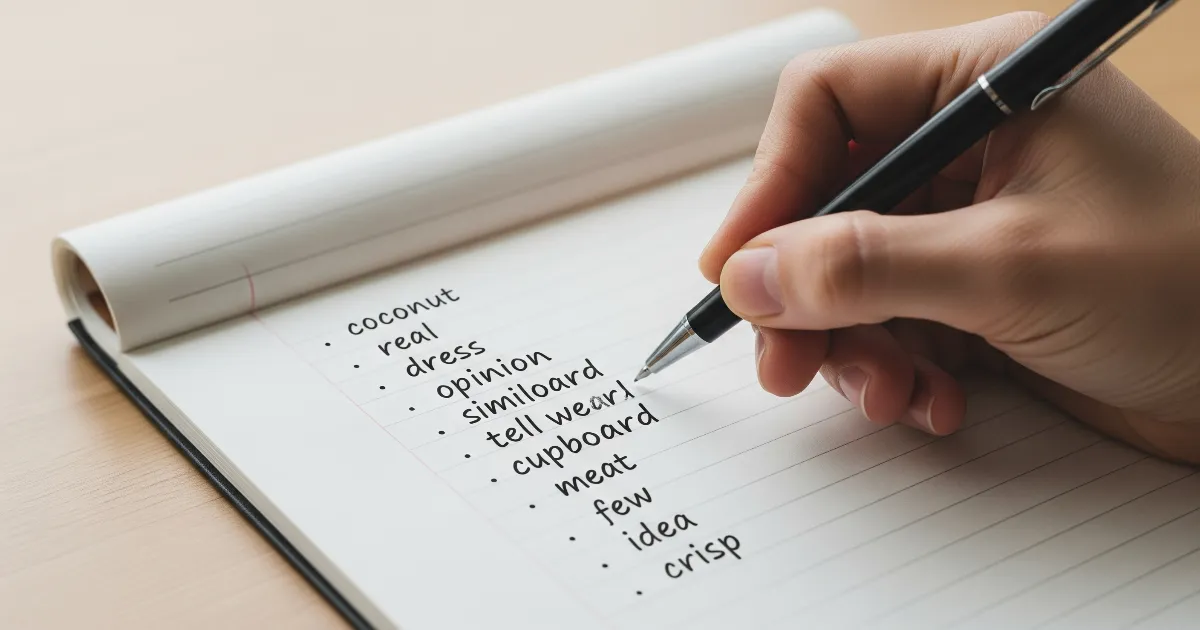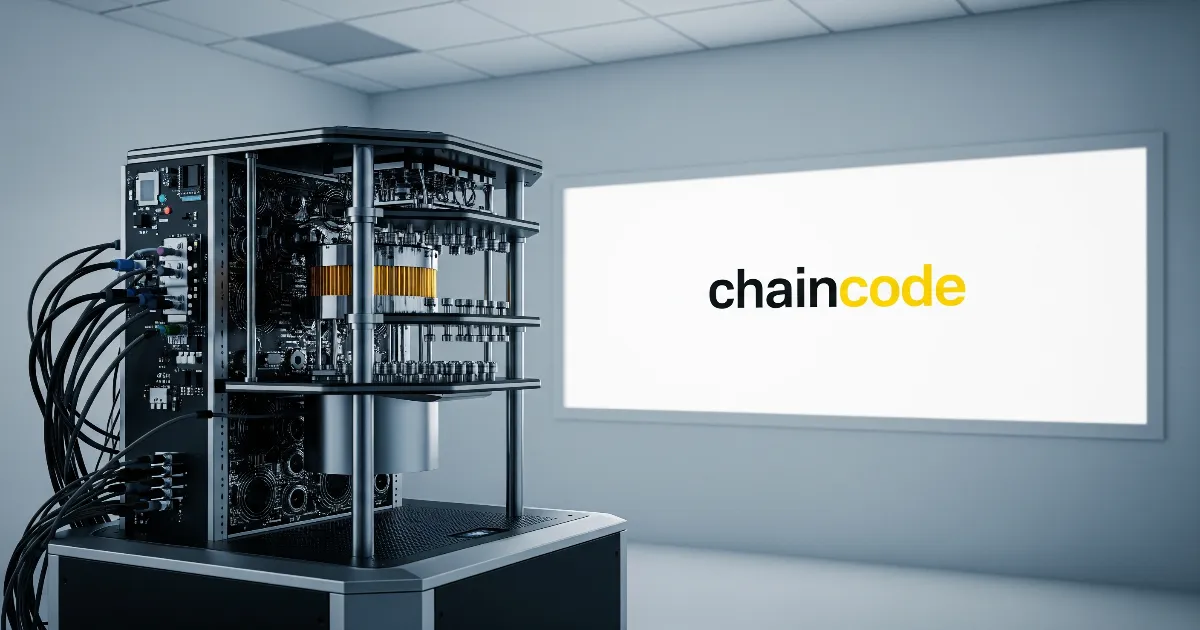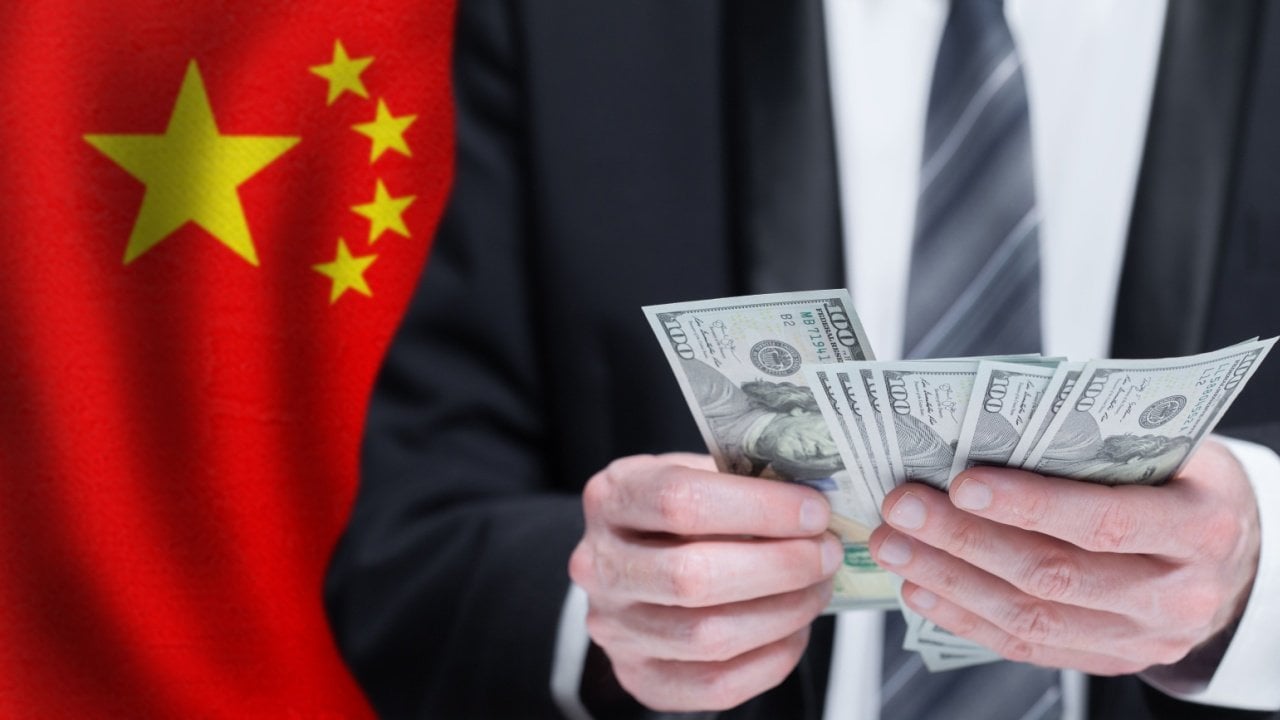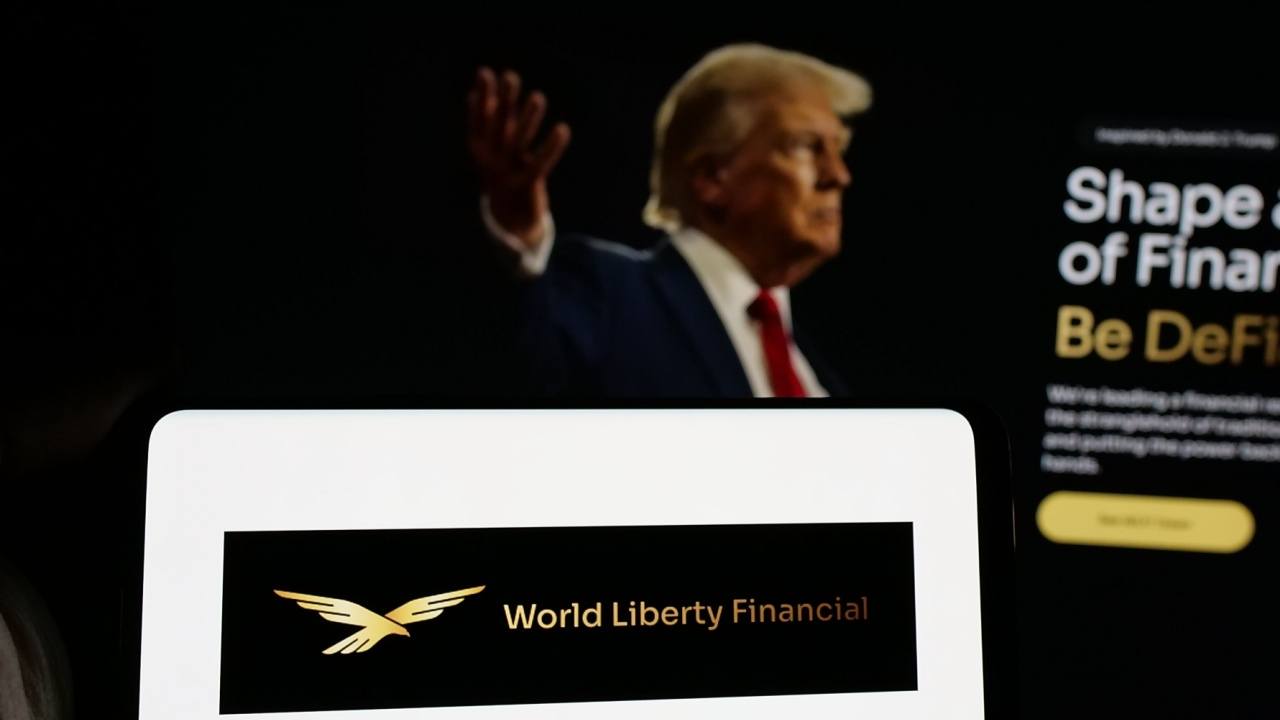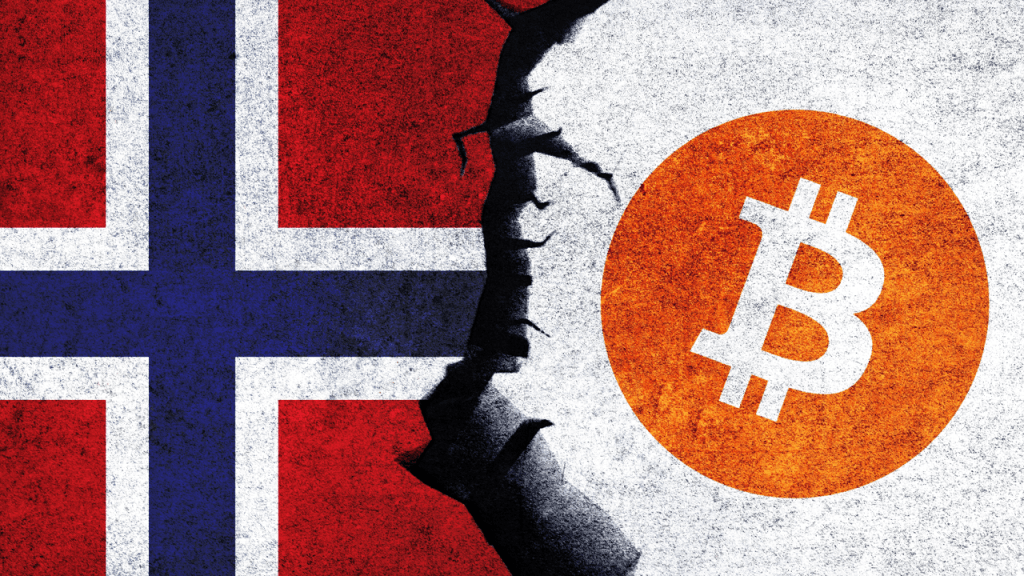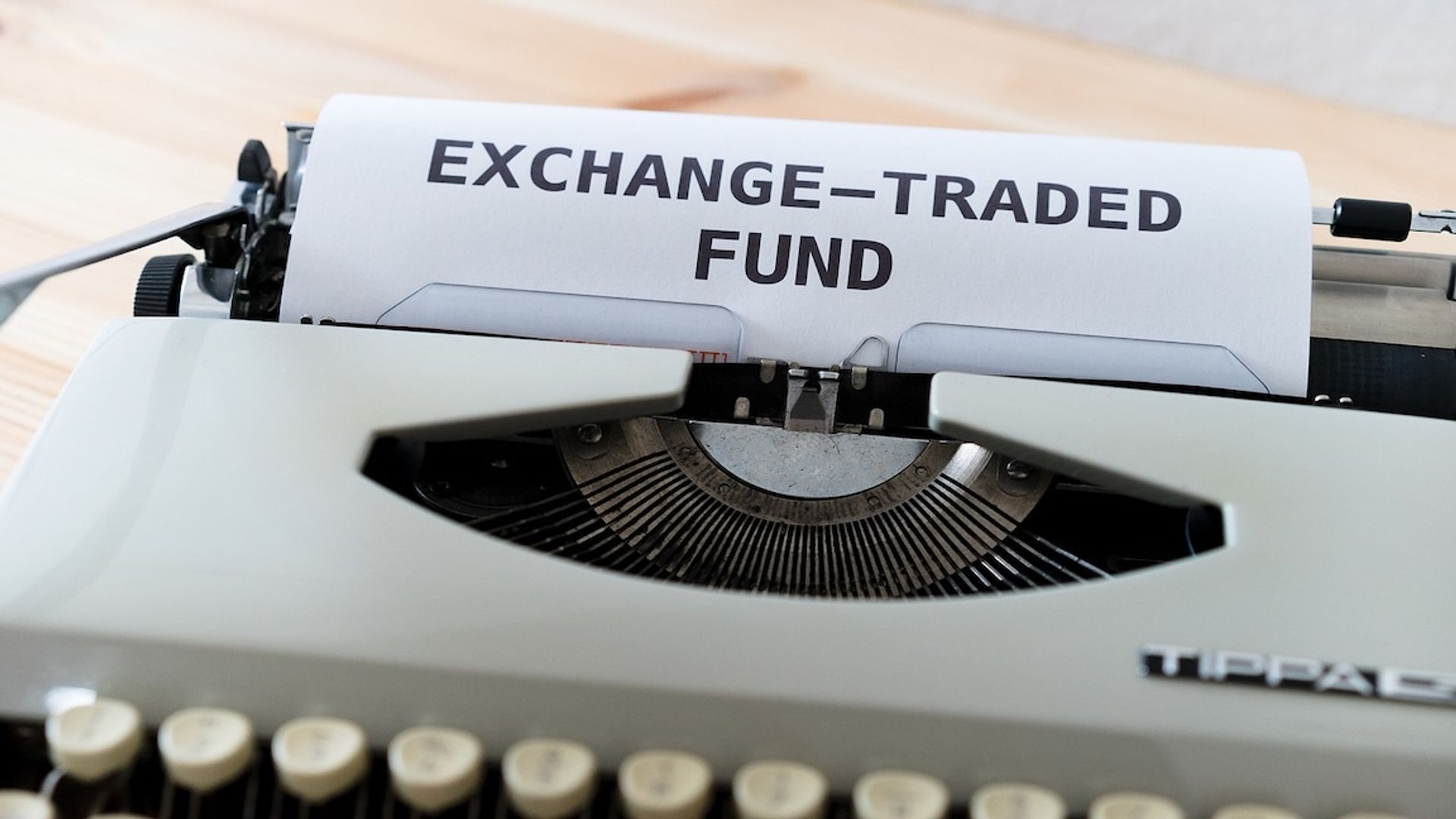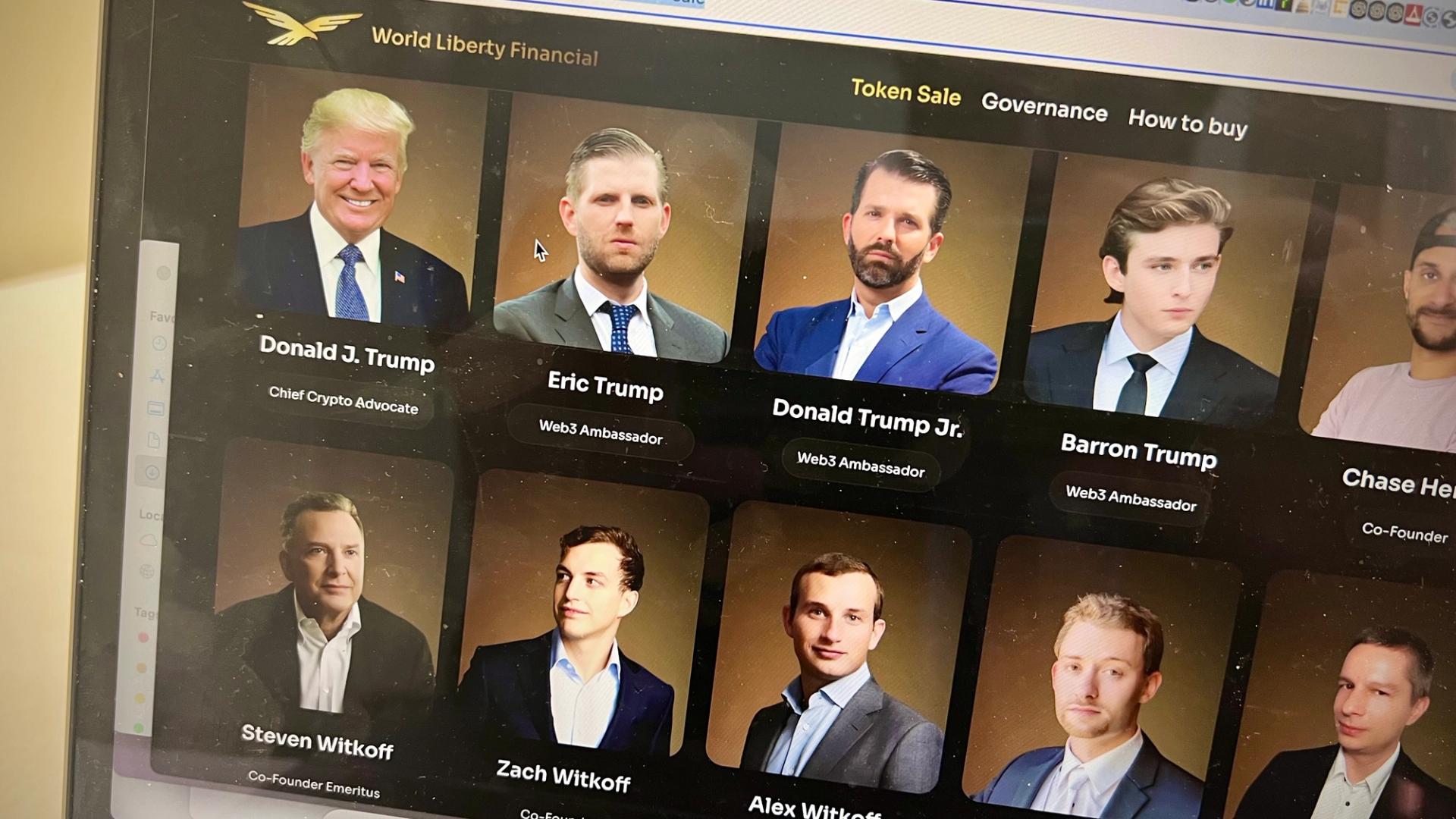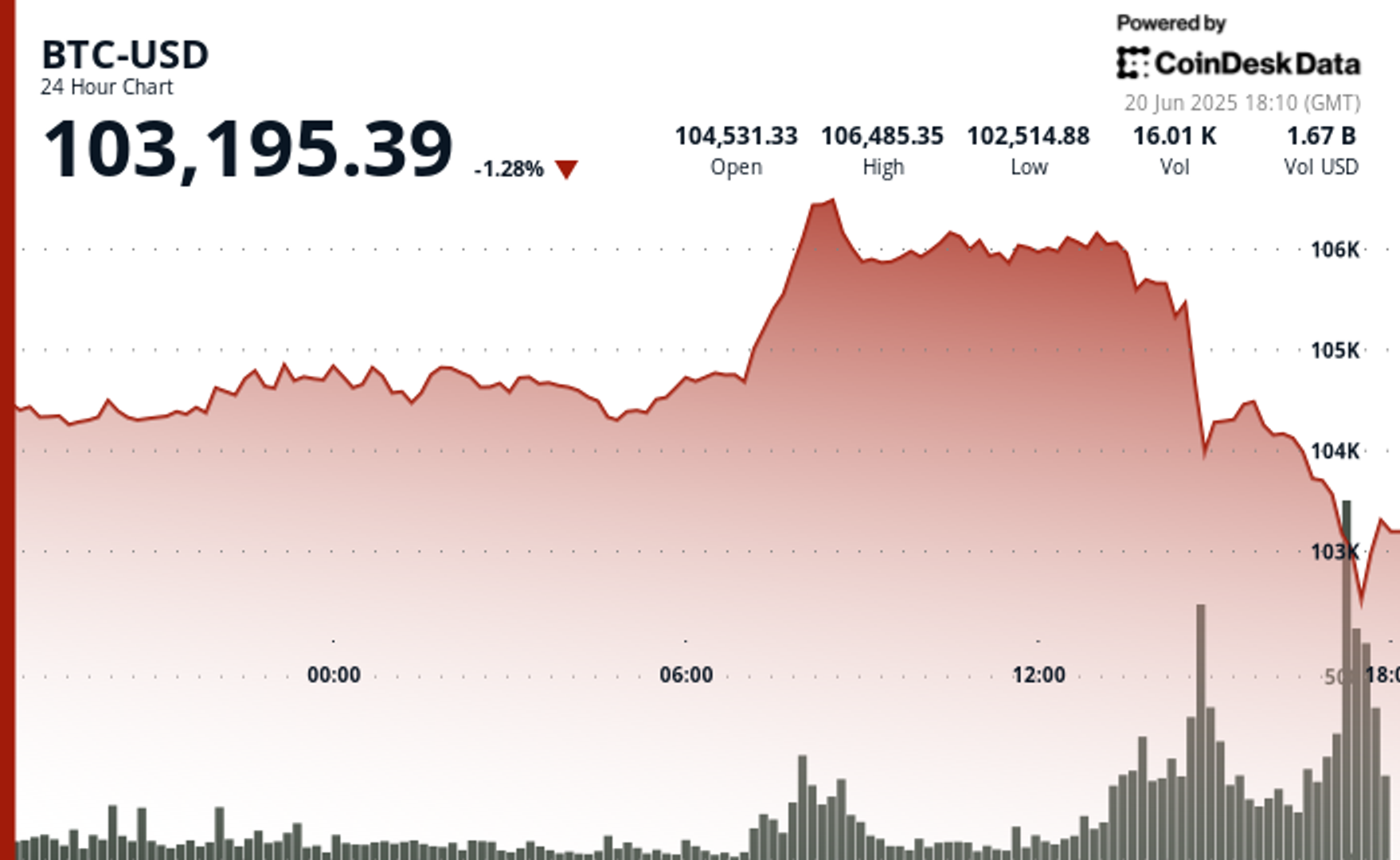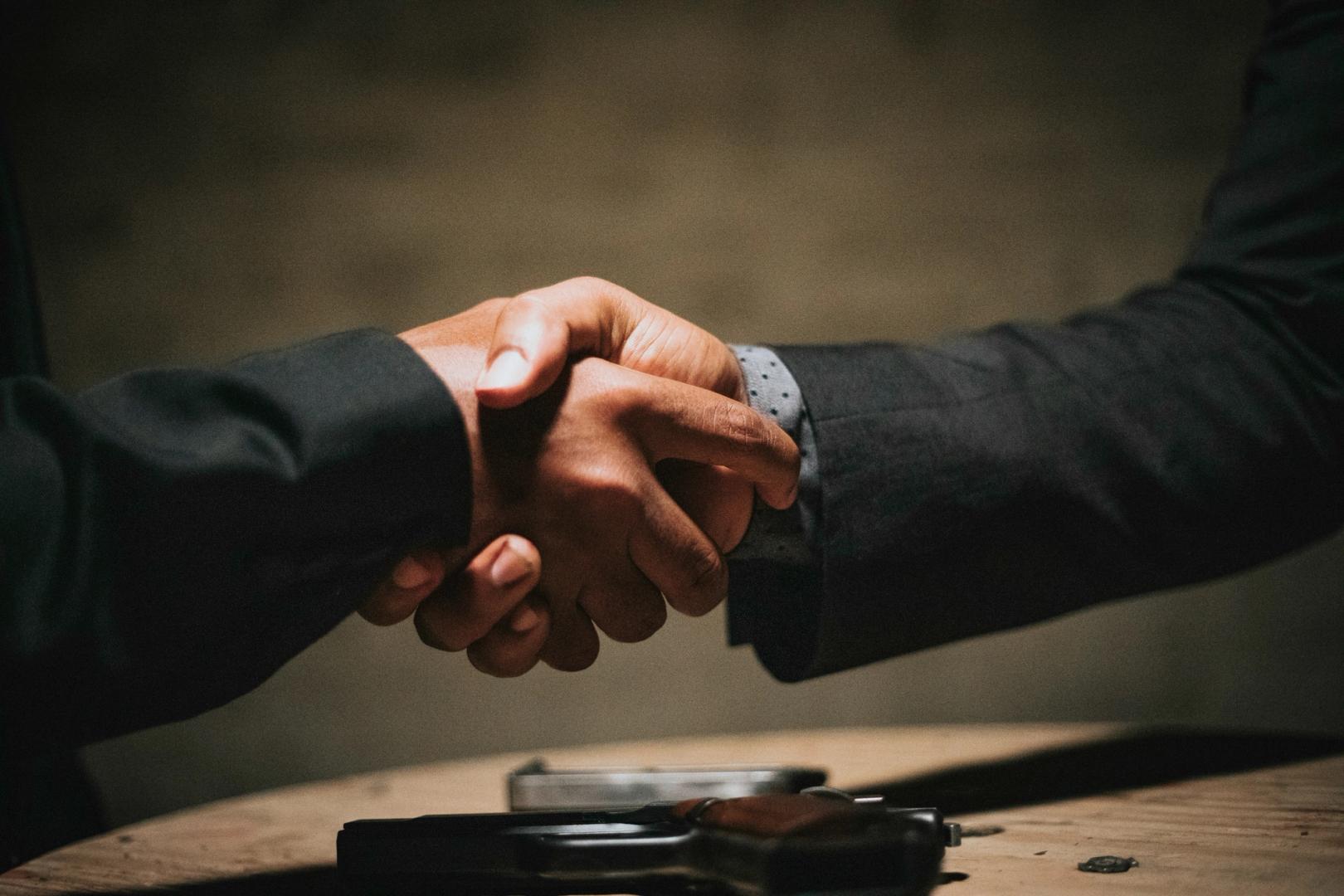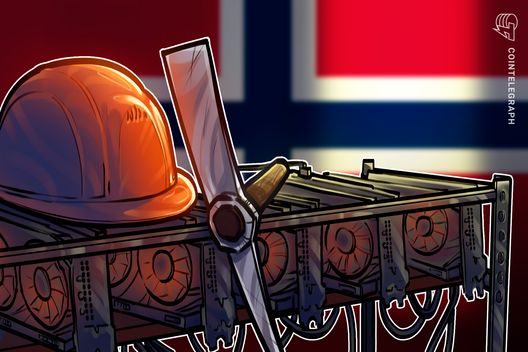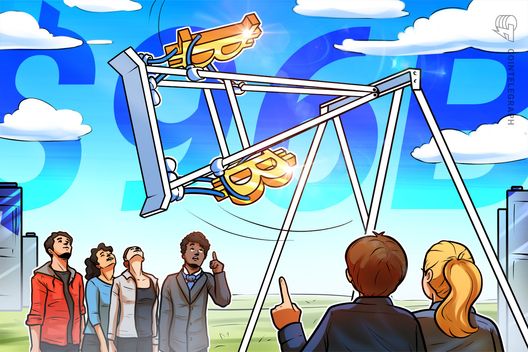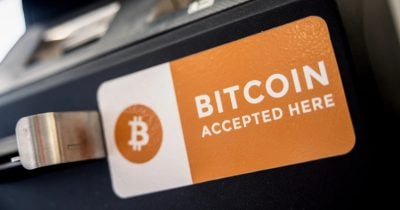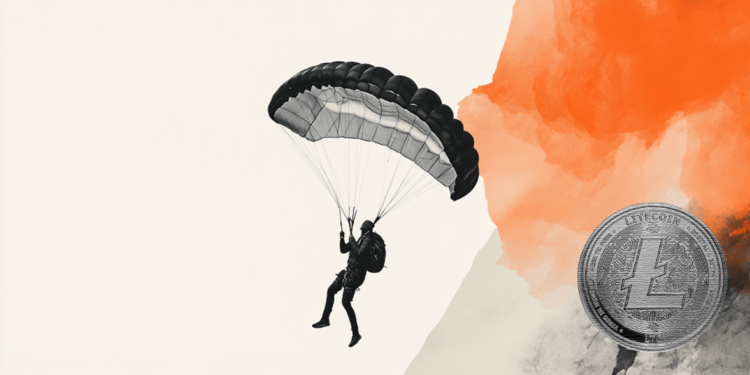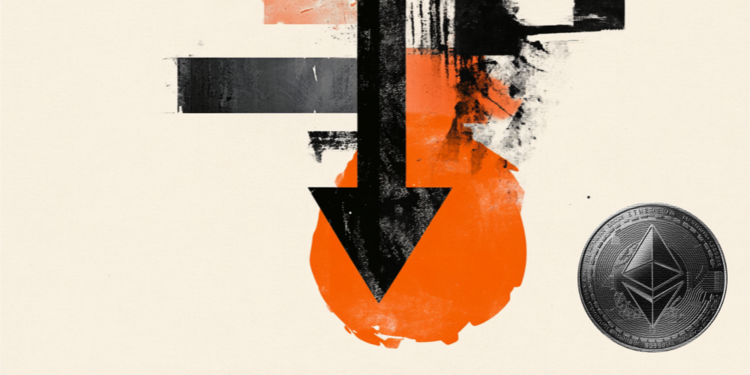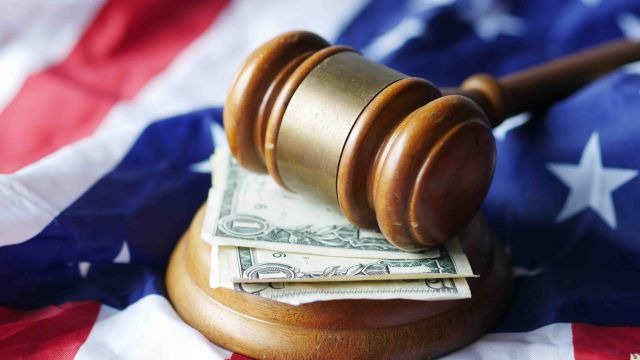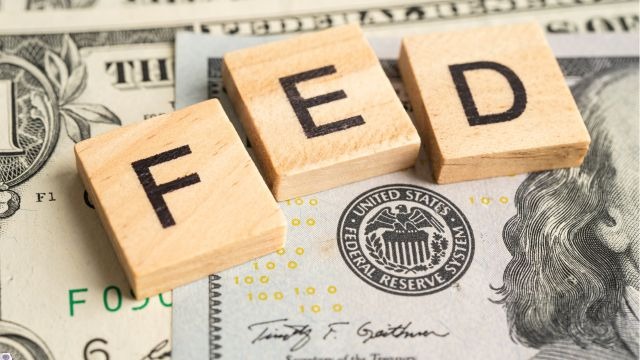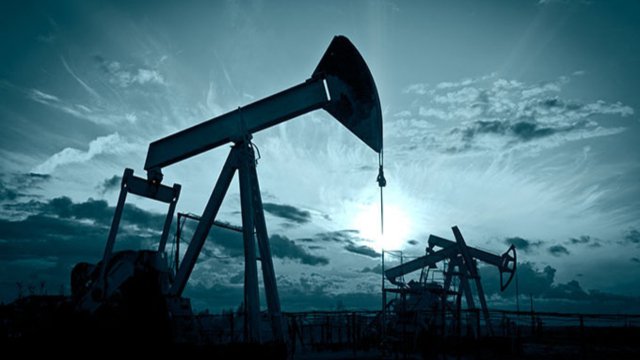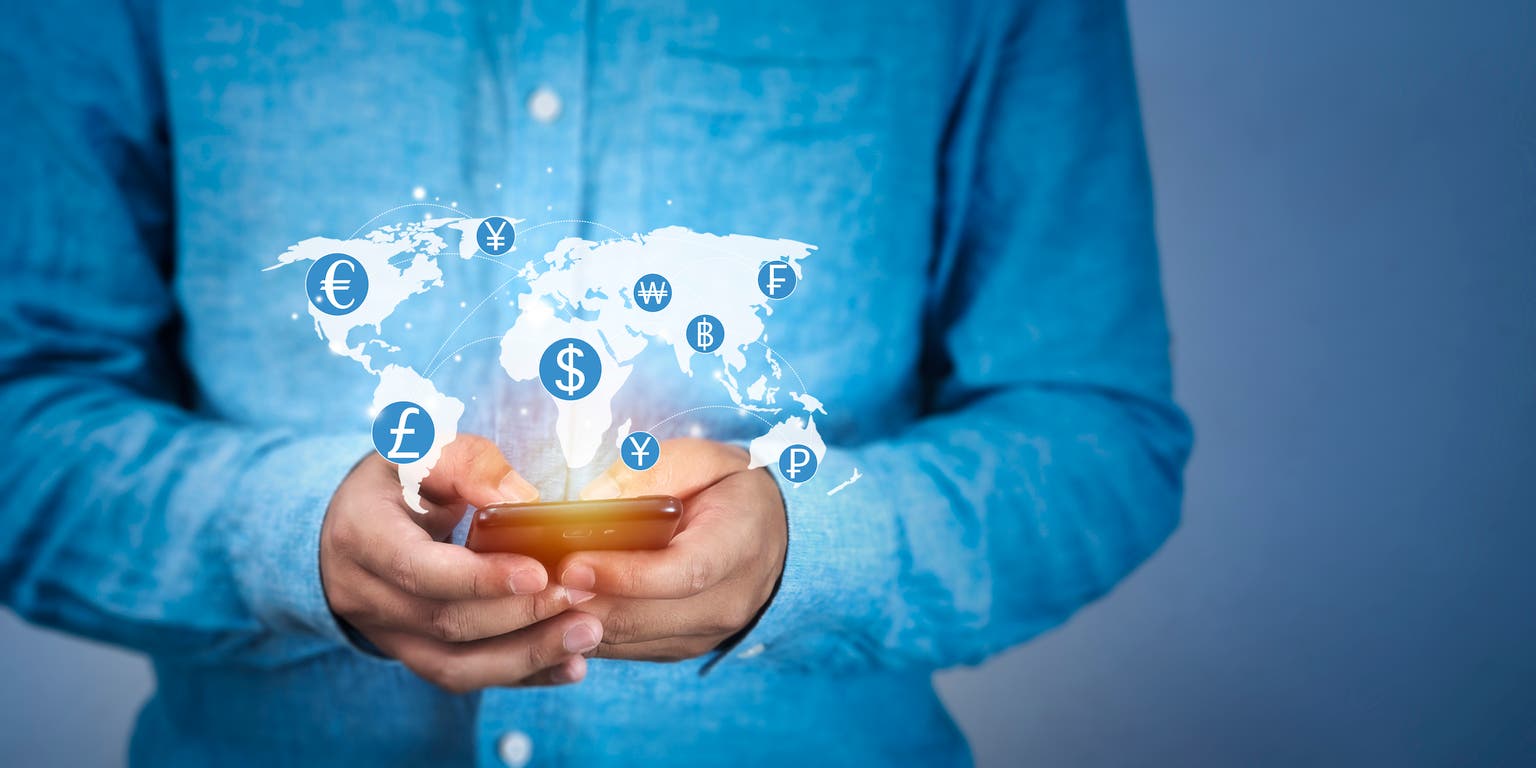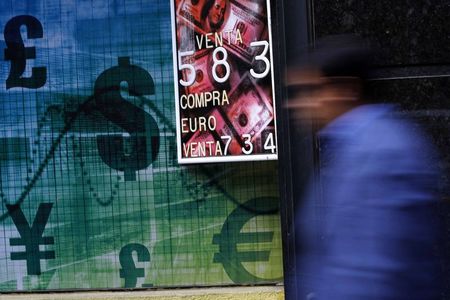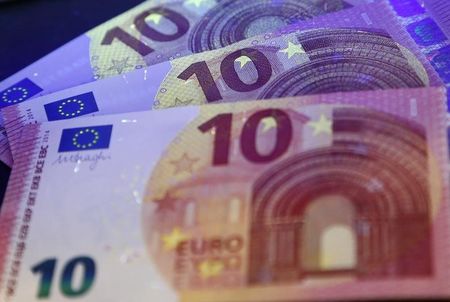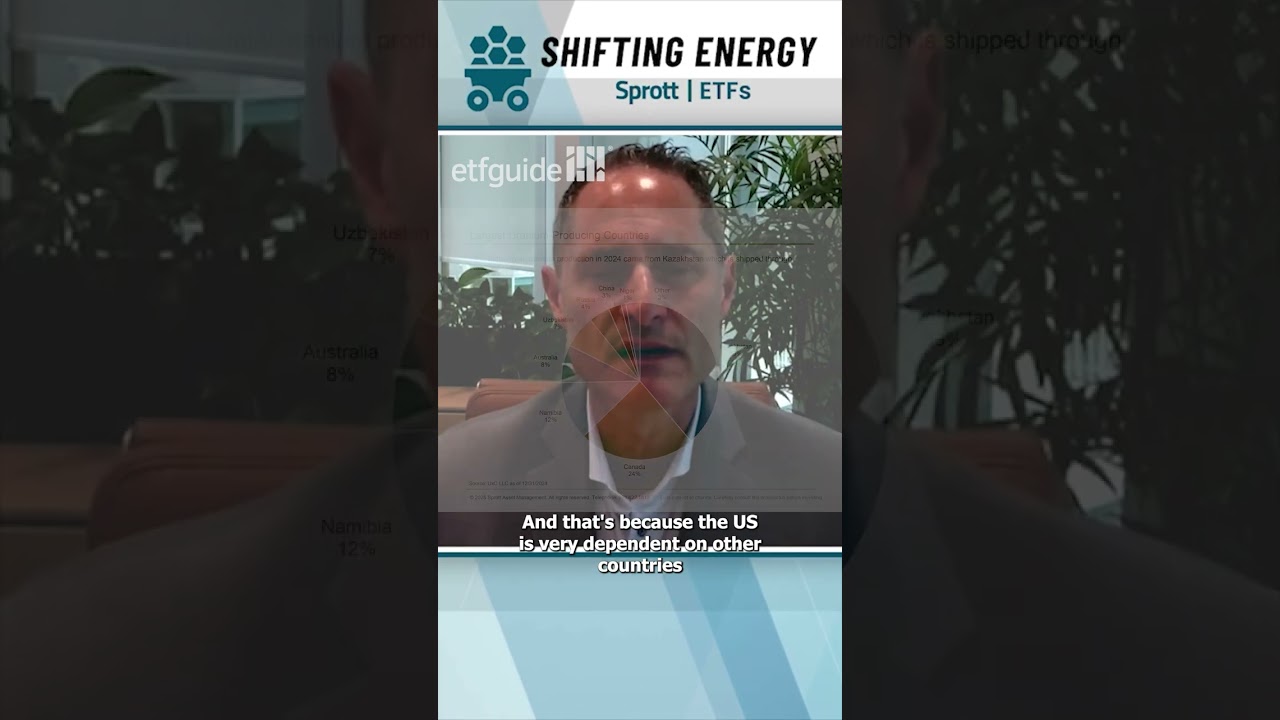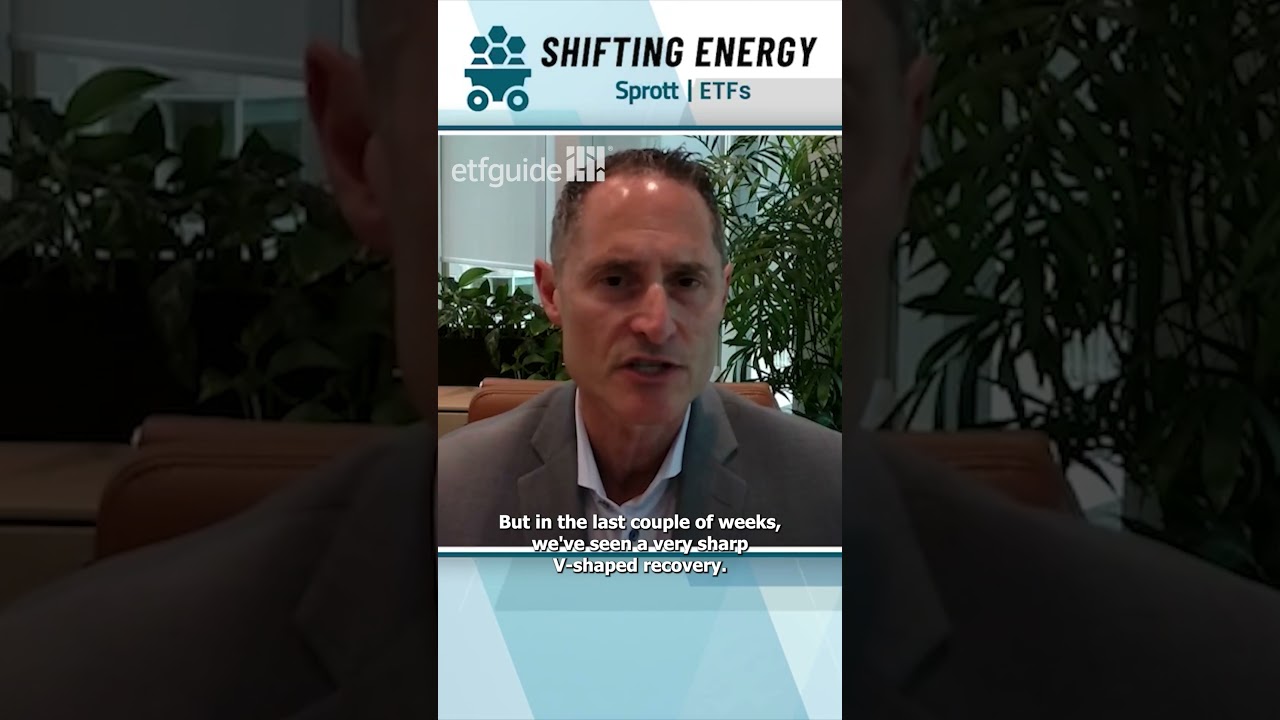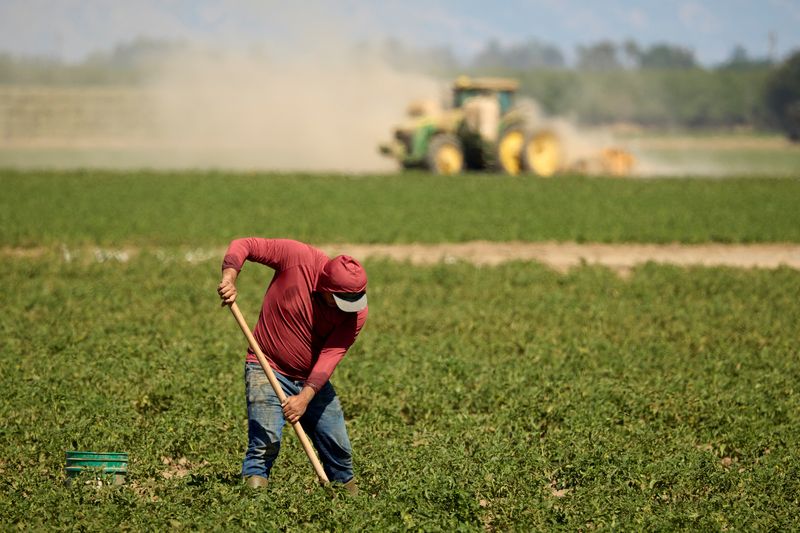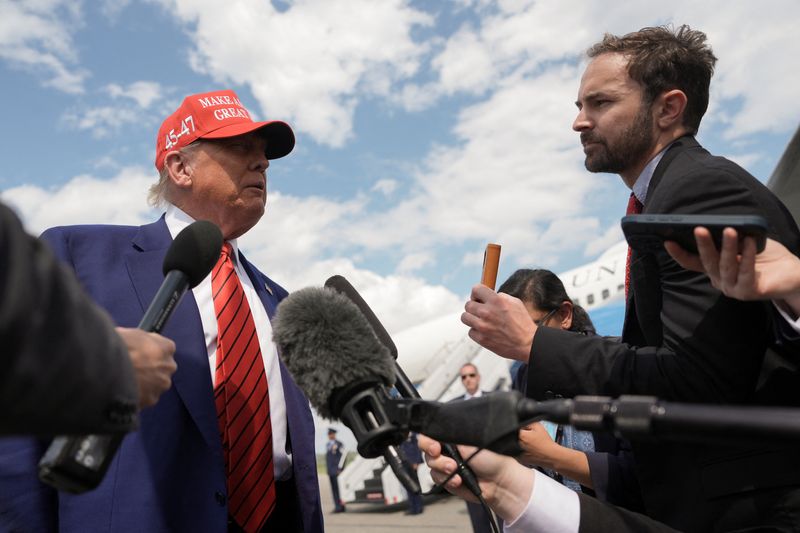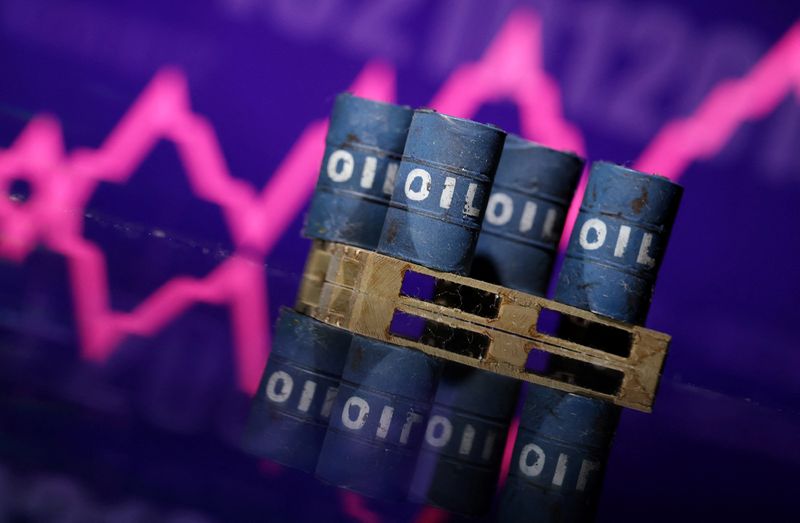Tech bull Dan Ives predicts Tesla’s robotaxi launch will catapult the company to a $2 trillion market cap, almost double its current value
Tesla is expected to launch its robotaxi program in Austin, Texas this weekend.

- Tesla’s robotaxi rollout represents the start of CEO Elon Musk’s long-held belief that the future of the company will be in autonomous vehicles. Wedbush analyst Dan Ives said the start of the program could almost double Tesla’s market cap by the end of 2026.
Tesla is on the cusp of a new era in the company’s history, according to the bullish tech investor Dan Ives.
As Tesla prepares to launch the early stages of its robotaxi offering in Austin, Texas this weekend, the carmaker will make good on its long-held ambitions to enter the ride-hailing business.
Ives, whose Wedbush Securities is often bullish on the tech sector, welcomed the robotaxi launch. “We view this autonomous chapter as one of the most important for Musk and Tesla in its history as a company,” he wrote in an analyst note released Friday.
The idea that Tesla’s self-driving technology would enable it to have a fleet of robotaxis is central to the investment thesis for the company. Its chief executive, Elon Musk, has long outlined his vision of millions of self-driving Teslas shuttling around paying customers as the next phase of the company’s future. Musk has said the company’s aim is to allow Tesla owners to make their cars part of its robotaxi fleet when they aren’t using their cars.
“So, kind of like Airbnb where you can sort of add or subtract your house or your guest room,” Musk said in January.
The best-case scenario of the robotaxi rollout could essentially double Tesla’s market cap by the end of 2026, Ives said. He predicted that Tesla’s market cap would reach $2 trillion through next year. Tesla’s stock has had a poor year in 2025 so far, declining 15.9% year-to-date. The company reported disappointing sales results earlier this year. Tesla shareholders also found themselves having to contend with forces far outside their control such as a souring relationship between the U.S. and China, its two biggest markets, and Musk’s involvement in politics and the Trump administration, which attracted significant scrutiny.
Tesla did not respond to a request for comment.
After the test in Austin, which will start in a geofenced location with about 25 cars, future expansions will be made easier by a favorable regulatory environment.
“We fully expect under a [President Donald] Trump White House these key initiatives will now get fast tracked as the federal regulatory spiderweb that Musk & Co. have encountered over the past few years around autonomous clears significantly,” Ives said.
The excitement of Tesla’s most bullish investors, however, put off some others. Earlier this month, investment firm Baird downgraded Tesla’s stock from “buy” to “neutral” because it saw the rate at which the robotaxi program would expand as “a bit too optimistic.” Baird also highlighted the public tiff between Musk and Trump as raising uncertainty surrounding Tesla’s future. Argus Research cited the falling-out as the main reason for its own downgrade, which also came this month. Analysts at Argus feared Tesla’s stock was trading on “non-fundamental events,” meaning investors were buying and selling the stock for reasons that weren’t related to its financials.
“Looking ahead, we are concerned that the war of words between President Trump and Elon Musk, along with the expiration of EV credits, could further weaken demand for new Teslas,” wrote Argus analyst Bill Selesky.
Ives, however, saw past the spat. “The BFF/frenemy situation with Musk and Trump has created a soap opera on this front but ultimately Trump wants the US to stay ahead of China in this AI arms race and autonomous is a key factor in who wins AI with Tesla playing a major role on robotaxis,” he said. “We expect over the coming months an easing of the federal framework for autonomous with more power going to the federal regulators with states having less authority on the autonomous rules.”
Tesla’s robotaxi would not be the first autonomous vehicle approved for use in the U.S. Alphabet-owned Waymo is currently available in San Francisco, Phoenix, Los Angeles, and Austin. This week, Waymo also announced it had applied for a permit to conduct a test for its autonomous vehicles in New York. Tech giant Amazon also has an autonomous-vehicle initiative called Zoox that is slated to launch in Las Vegas later this year.
This story was originally featured on Fortune.com



